Kinhtedothi - In 1944, when he was only 23 years old, General Nguyen Quyet was trusted by the Party and Uncle Ho and assigned the important responsibility of holding the position of Secretary of the Hanoi Party Committee.
He was also the one who made the historic decision: to launch an uprising in Hanoi on August 19, 1945, overthrow the puppet government, and establish a revolutionary government with local forces...
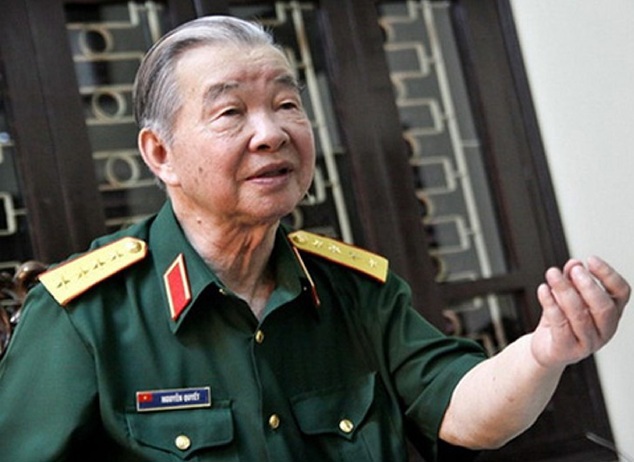
Historic decision for the Capital
General Nguyen Quyet's real name is Nguyen Tien Van (born August 20, 1922) in Chinh Nghia commune, Kim Dong district, Hung Yen province. In 1937, he was only 15 years old but left his hometown to go to Hanoi to find a job and make a living. He applied to work at Torch of Wisdom Newspaper - a Buddhist propaganda newspaper of the Northern Buddhist Center. His main job was to be a secretary and a newspaper distributor. Thanks to that, he had the opportunity to meet many people from different classes and social classes, especially close to workers and laborers in the city, so he understood the suffering of the people who lost their country as well as the crimes of the colonialists and their lackeys.
To celebrate International Labor Day on May 1, 1938, the Indochinese Communist Party organized a large rally at the Hanoi Exhibition House with the participation of tens of thousands of people, but was later suppressed by the French colonialists. He was forced to return home due to being followed by secret police. It was also during this return that he met comrade Nguyen Van Tich (aka Tao) - a communist party member who was an official of Interprovincial B (including the provinces: Thai Binh, Hung Yen, Hai Duong, Kien An...) and was assigned the task of mobilizing the masses to build an anti-imperialist movement in Kim Dong district.
In just a short time, he mobilized many people to join the movement. Because of his positive contributions, in 1940, when he was just 18 years old, he was admitted to the Indochinese Communist Party and assigned to be in charge of the Secretary of the Anti-Imperialist Youth of Kim Dong district. From then on, he officially became a communist soldier who devoted his life to the revolutionary cause of the Party.
In 1943, he was appointed to the Hanoi Party Committee, playing an important role in mobilizing the masses and building revolutionary forces. He and his comrades actively but cautiously built many new bases in the inner and outer suburbs of Hanoi, actively working to develop the Party.
In the summer of 1944, General Nguyen Quyet was summoned by the Party Central Committee to attend a military training course that lasted nearly a month in Thai Nguyen province to prepare for the uprising. When he returned to Hanoi, the City Party Committee assigned him to be in charge of military affairs. But just a few months later, he was appointed Secretary of the Hanoi City Party Committee to replace comrade Le Quang Dao, who was exposed and sent to another assignment by the Central Committee.
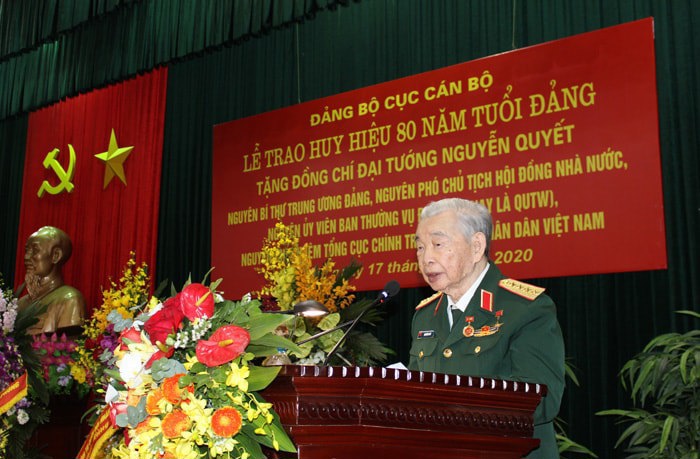
After only a few months of duty, on the night of August 17, 1945, under the chairmanship of Secretary Nguyen Quyet, the Hanoi Party Committee met and made a historic decision: With local forces, Hanoi would revolt on August 19, 1945. Grasping the opportunity, understanding the enemy's position and strength and the revolutionary situation, Hanoi revolted according to plan, won a complete victory, like a light shining to other localities to rise up together.
This event went down in the history of the Vietnamese revolution as a lesson of a courageous, creative, resolute, timely and thorough uprising in accordance with the Party and Uncle Ho's Directive "using our own strength to liberate ourselves". In the context of 1945, Hanoi - the strategic location and brain of the French army, the victorious uprising in Hanoi was seen as having decisive significance for the success of the August Revolution. Later, comrade Truong Chinh highly appreciated Secretary Nguyen Quyet and the Hanoi Party Committee as "intelligent" and "sharp".
A lifetime dedicated to the revolution
As researchers have commented, the complete victory of the uprising to seize power in Hanoi proved that the decision of the collective leadership of the City Party Committee was completely correct. This decision also helped the uprising to seize power in Hanoi to achieve complete victory without bloodshed, becoming a great source of confidence and encouragement for localities nationwide, especially large cities such as Hue and Saigon.
After completing the construction and consolidation of 5 main battalions in Hanoi and 2 squadrons in neighboring provinces, General Nguyen Quyet proposed that the Central Committee assign them to fight in the South. From 1946 to 1950, General Nguyen Quyet held many important positions such as Political Commissar of Regiment 108, in charge of the Quang Nam - Da Nang front, the main battlefield of Inter-zone 5. The resounding victories at Hai Van Pass, Go Ca, destroying Nui Lo fort, Thu Bon stronghold... under the command of the General made the enemy terrified.
During the Winter-Spring campaign of 1953-1954, General Nguyen Quyet was one of three campaign commanders, assigned to directly fight against the At-Lang campaign, an unprecedented large-scale campaign by the French colonialists to "erase" the free zone of Inter-zone 5.
Having devoted nearly his entire life to the revolution and the Party; wholeheartedly serving the country and the people with exceptionally outstanding achievements, General Nguyen Quyet was awarded the Gold Star Order, the Ho Chi Minh Order and many other noble awards by the Party and State.
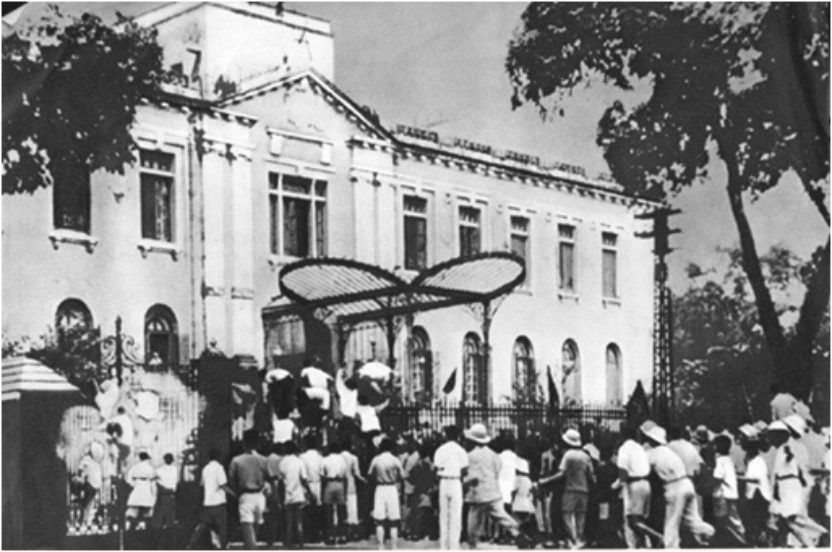
In August 2024, the leaders of Hanoi visited and congratulated General Nguyen Quyet. The 102-year-old general shared his memories of the revolutionary Autumn 79 years ago, when Hanoi rose up to seize power under the leadership of the Party and Uncle Ho. According to General Nguyen Quyet, the success of the August Revolution in 1945, as Uncle Ho taught, was a revolution with profound humanity, full of creativity, initiative, confidence but very unique, not following any available model.
70 years after the liberation day, witnessing the increasingly developing capital Hanoi, General Nguyen Quyet believes and hopes that the generations of Hanoians today will continuously cultivate and train themselves to understand, love and be proud of the glorious history of the capital; firmly believe in the Party's guidelines and leadership. From there, they will contribute their efforts and intelligence to make the capital and the country increasingly developed.
General Nguyen Quyet
(Nguyen Tien Van)
(Born: 1922)
Hometown: Chinh Nghia commune, Kim Dong district, Hung Yen province
Joined the revolution: 1939
Enlisted: August 1945
Member of the Communist Party of Vietnam: since 1940
Highest rank: General (1990)
Work process
1942: Member of the Party Executive Committee of Hung Yen province;
1943 - 1945: Member of the Party Executive Committee, Secretary of the Hanoi Party Committee, Military member of the Hanoi Uprising Committee, Political member of the Hanoi Military Committee, Political Commissar of the 2nd National Defense Army Squadron;
1946: Political Commissar of Squad 1 (main squad of the Southern Resistance Committee), Head of Political Department, Political Commissar, Party Secretary of Division 31;
1947 - 1952: Political Commissar of the Quang Nam - Da Nang Front; Military member of the Quang Nam - Da Nang Inter-Provincial Resistance Committee; Political Commissar of Regiment 108 and Regiment 803;
1953 - 1955: Political Commissar of Inter-Zone 5; Deputy Political Commissar, Political Commissar of Division 305;
1955 - 1963: Acting Political Commissar then Political Commissar of the Left Bank Military Region;
1964 - 1968: Deputy Political Commissar, Political Commissar of Military Region 3; Political Commissar of Left Bank Military Region; Deputy Political Commissar of Tri - Thien Military Region and Political Commissar of Front B8 (Tri - Thien Military Region);
1969 - 1976: Political Commissar of Left Bank Military Region, Military Academy, Military Region 3;
1977 - 1980: Political Commissar and Commander of Military Region 3;
1981 - 1986: Commander, Party Secretary of Military Region 3;
April 1986 - 1987: Deputy Chief of General Political Department;
1987 - 1991: Director of the General Political Department; Member of the Standing Committee of the Central Military Party Committee (now the Central Military Commission);
1992: Vice Chairman of the State Council;
Member of the Central Executive Committee of the Communist Party of Vietnam, term IV - VI (Member of the Secretariat, term VI);
National Assembly Delegate of terms IV, VII, VIII.
Noble reward
- Gold Star Medal (2007);
- Ho Chi Minh Medal;
- First Class Military Merit Medal;
- First Class Medal of Military Exploit;
- First Class Victory Medal...
( Source: Ministry of National Defense Portal)
Source: https://kinhtedothi.vn/dai-tuong-nguyen-quyet-vi-bi-thu-thanh-uy-quyet-doan-ban-linh-sang-tao.html


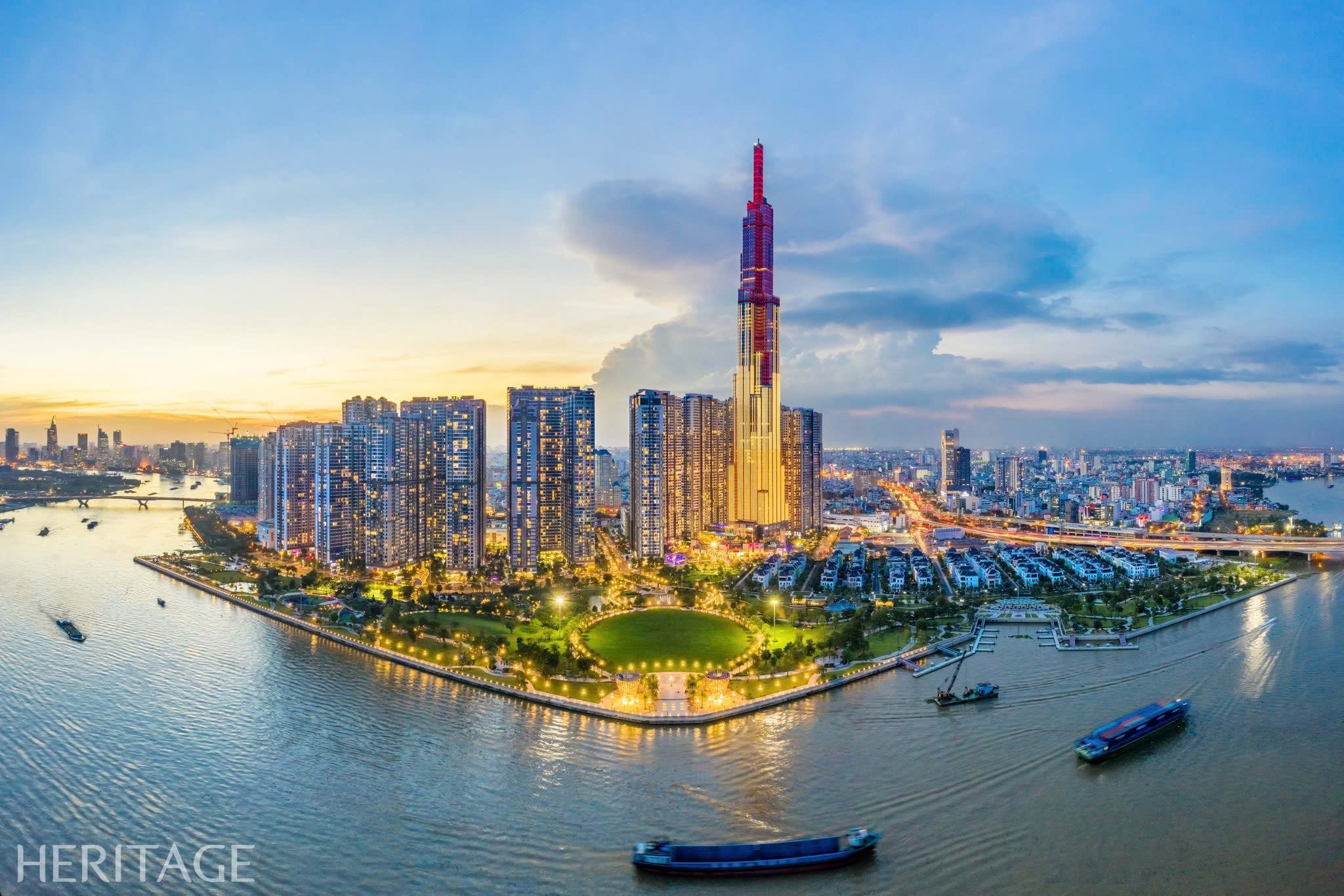

![[Photo] Prime Minister Pham Minh Chinh receives Cambodian Minister of Commerce](https://vstatic.vietnam.vn/vietnam/resource/IMAGE/2025/4/28/be7f31fb29aa453d906df179a51c14f7)
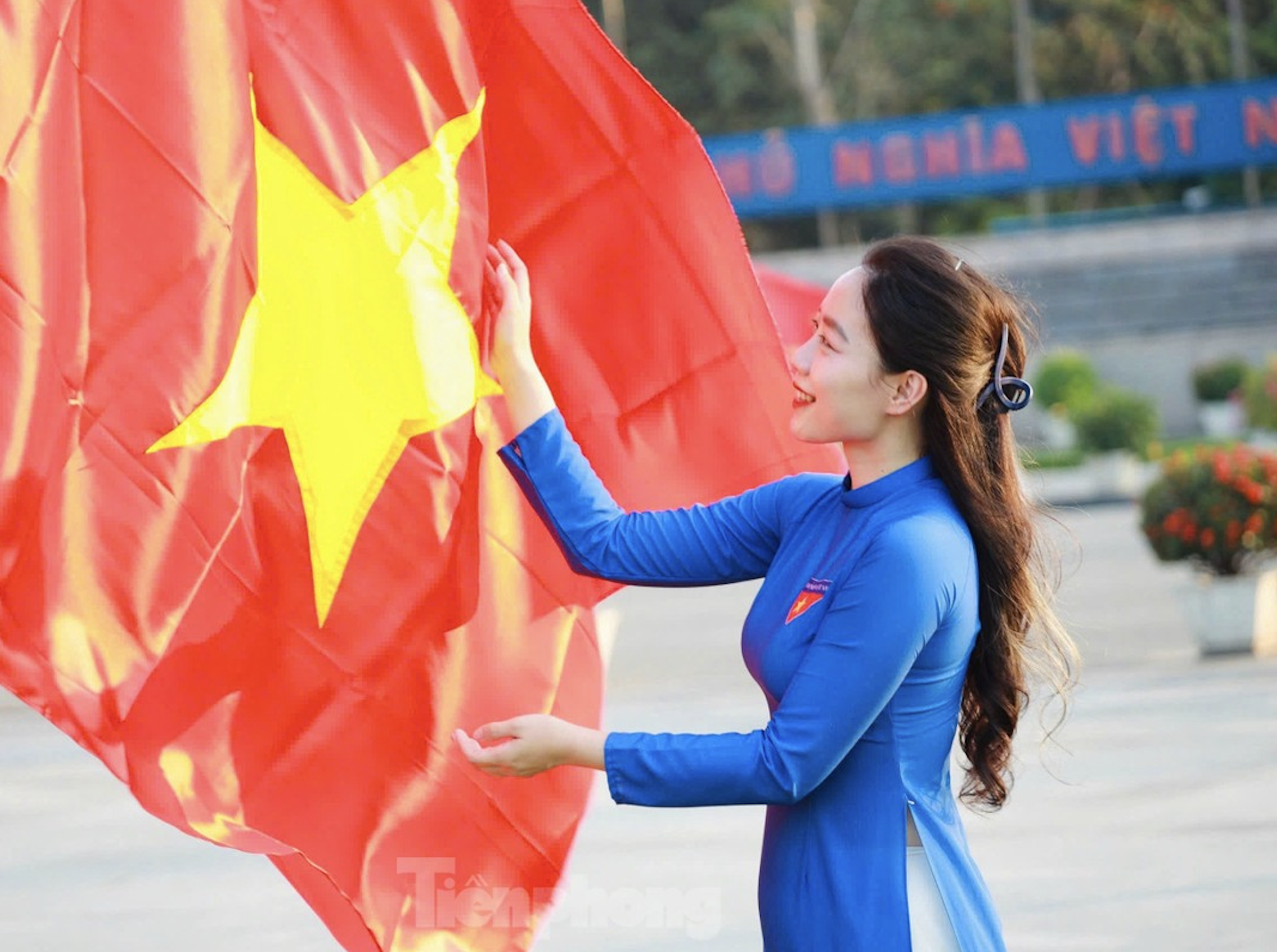
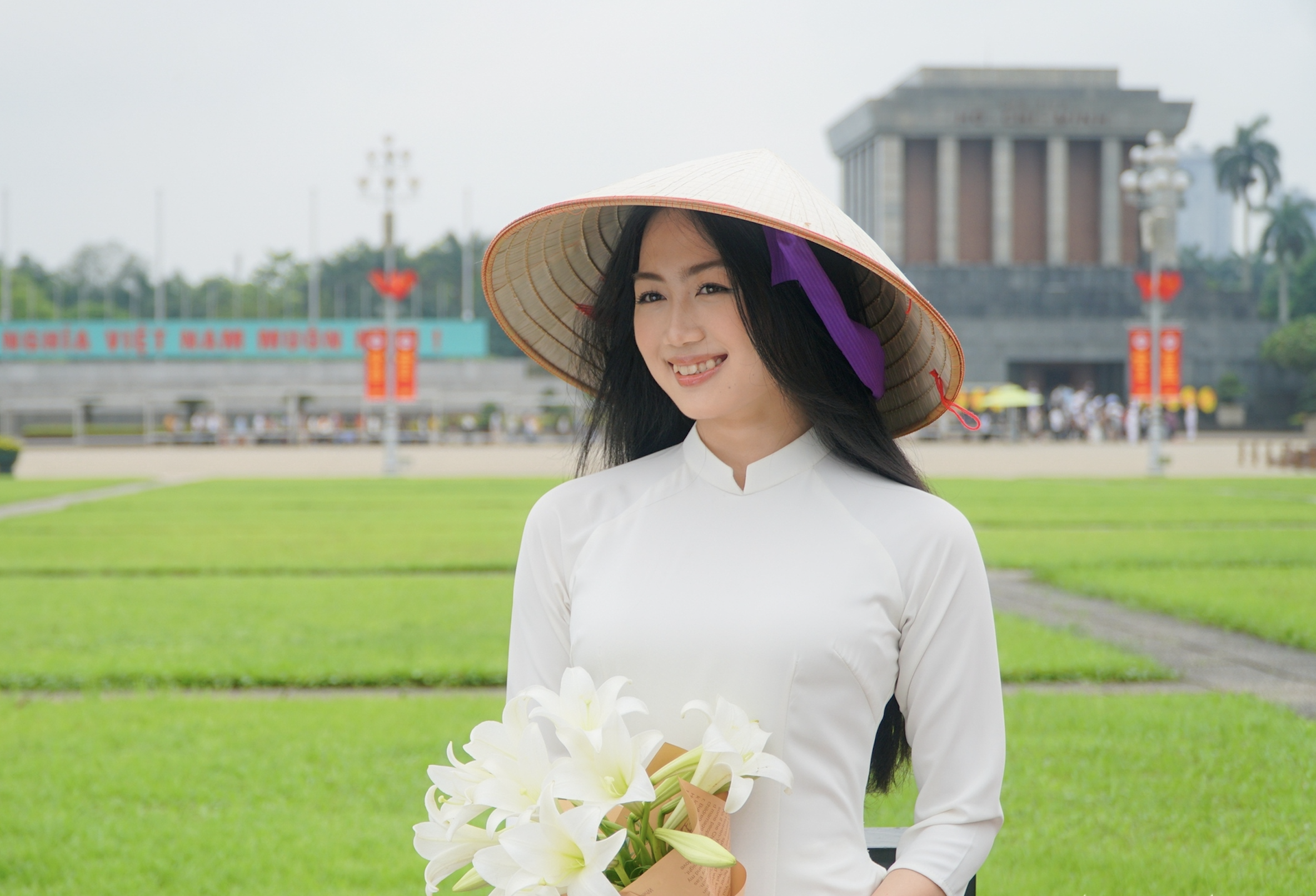
![[Photo] Prime Minister Pham Minh Chinh and Japanese Prime Minister Ishiba Shigeru attend the Vietnam - Japan Forum](https://vstatic.vietnam.vn/vietnam/resource/IMAGE/2025/4/29/fc09c3784d244fb5a4820845db94d4cf)


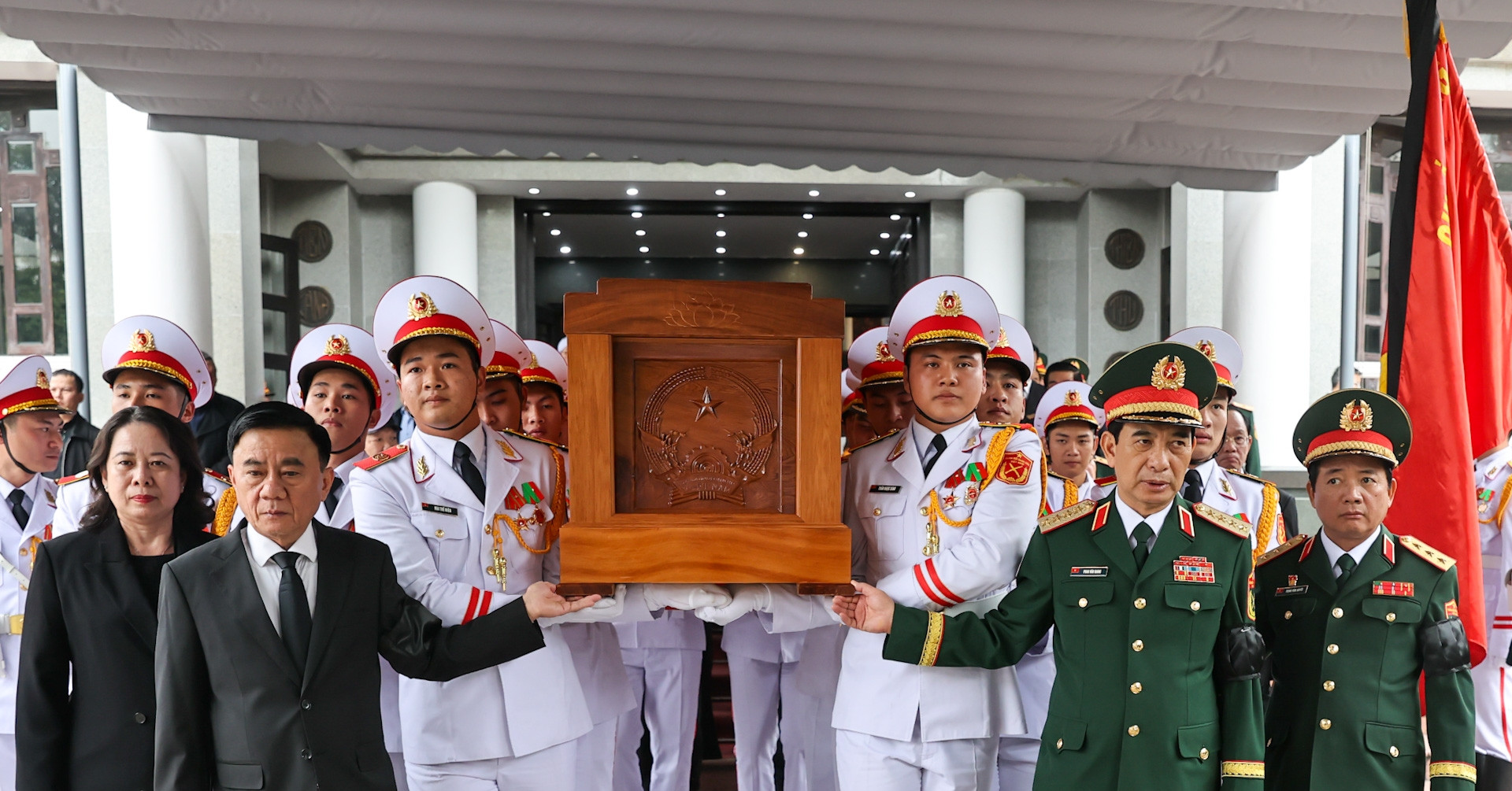

![[Photo] Solemn funeral of General Nguyen Quyet](https://vstatic.vietnam.vn/vietnam/resource/IMAGE/2025/1/19/7d3a122d646d40cbb407488c9354a948)

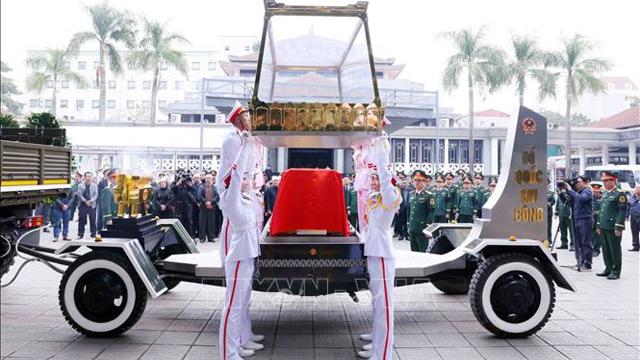
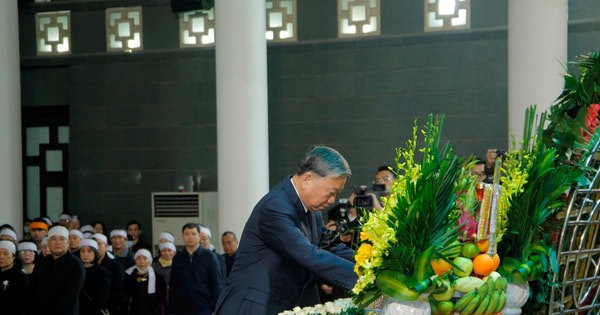
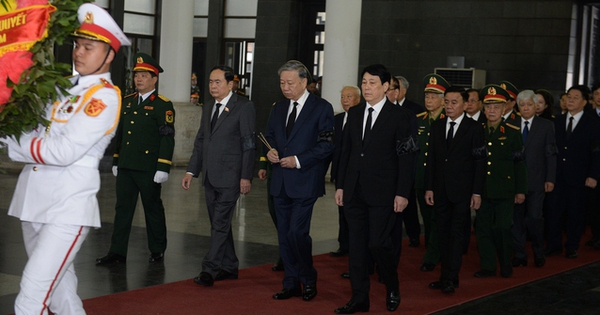
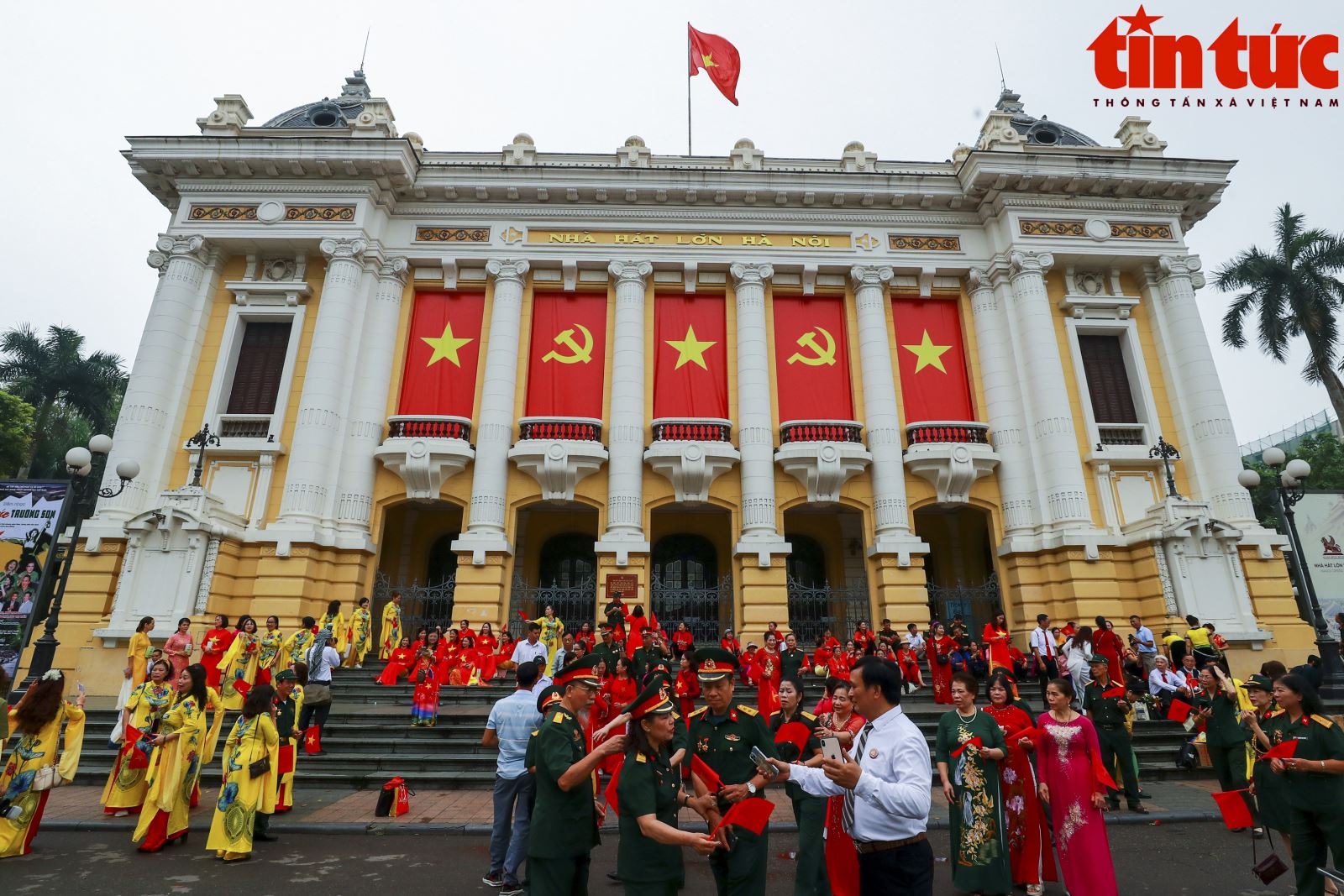
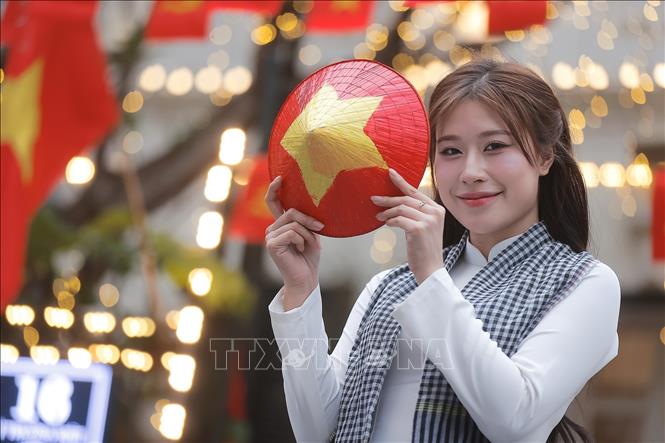
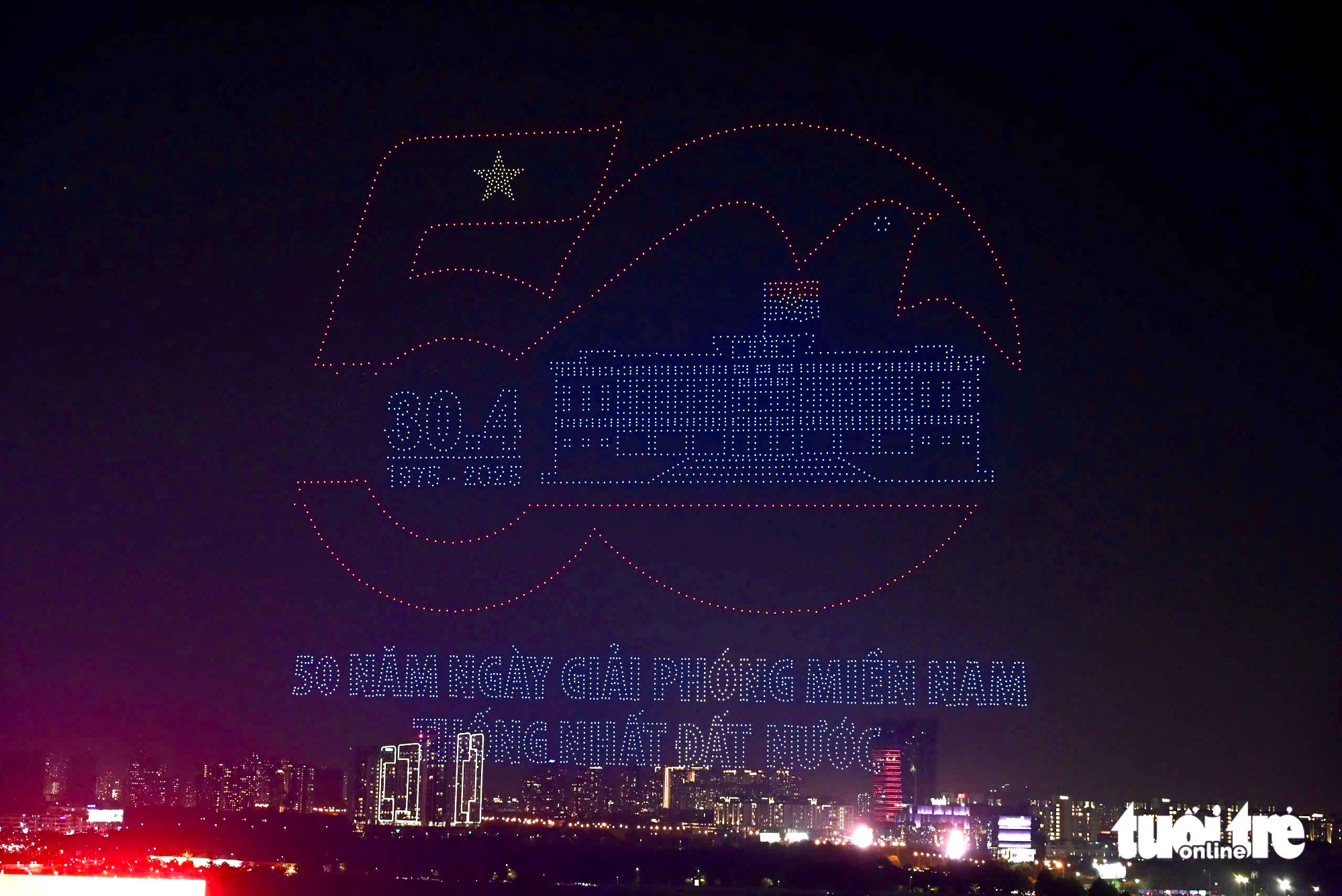
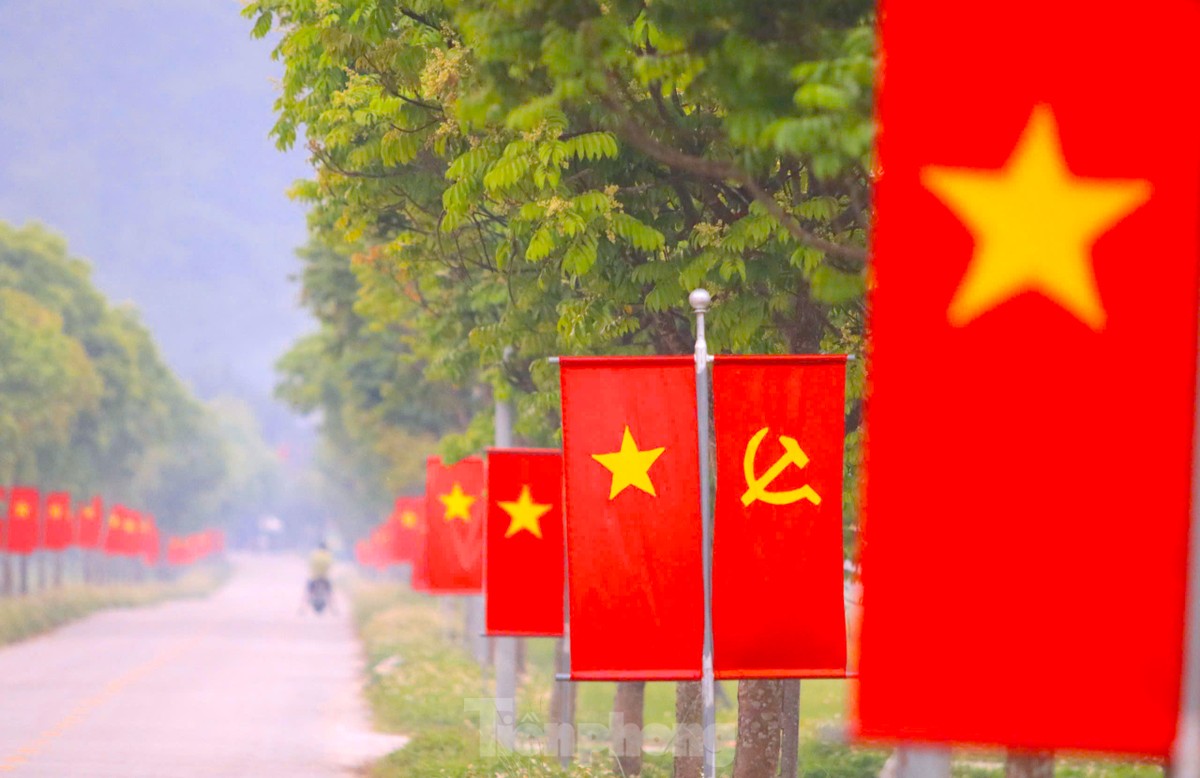
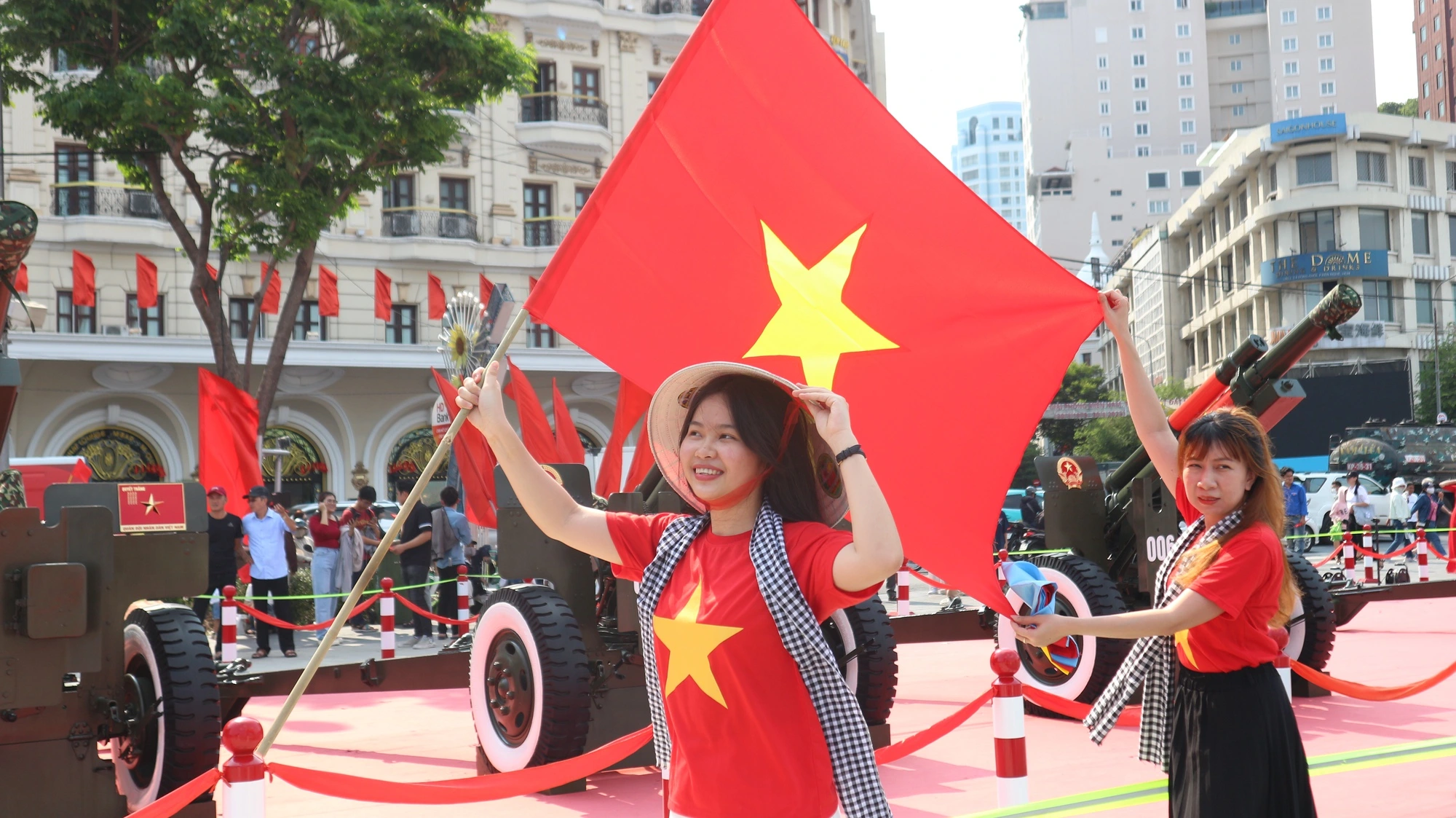
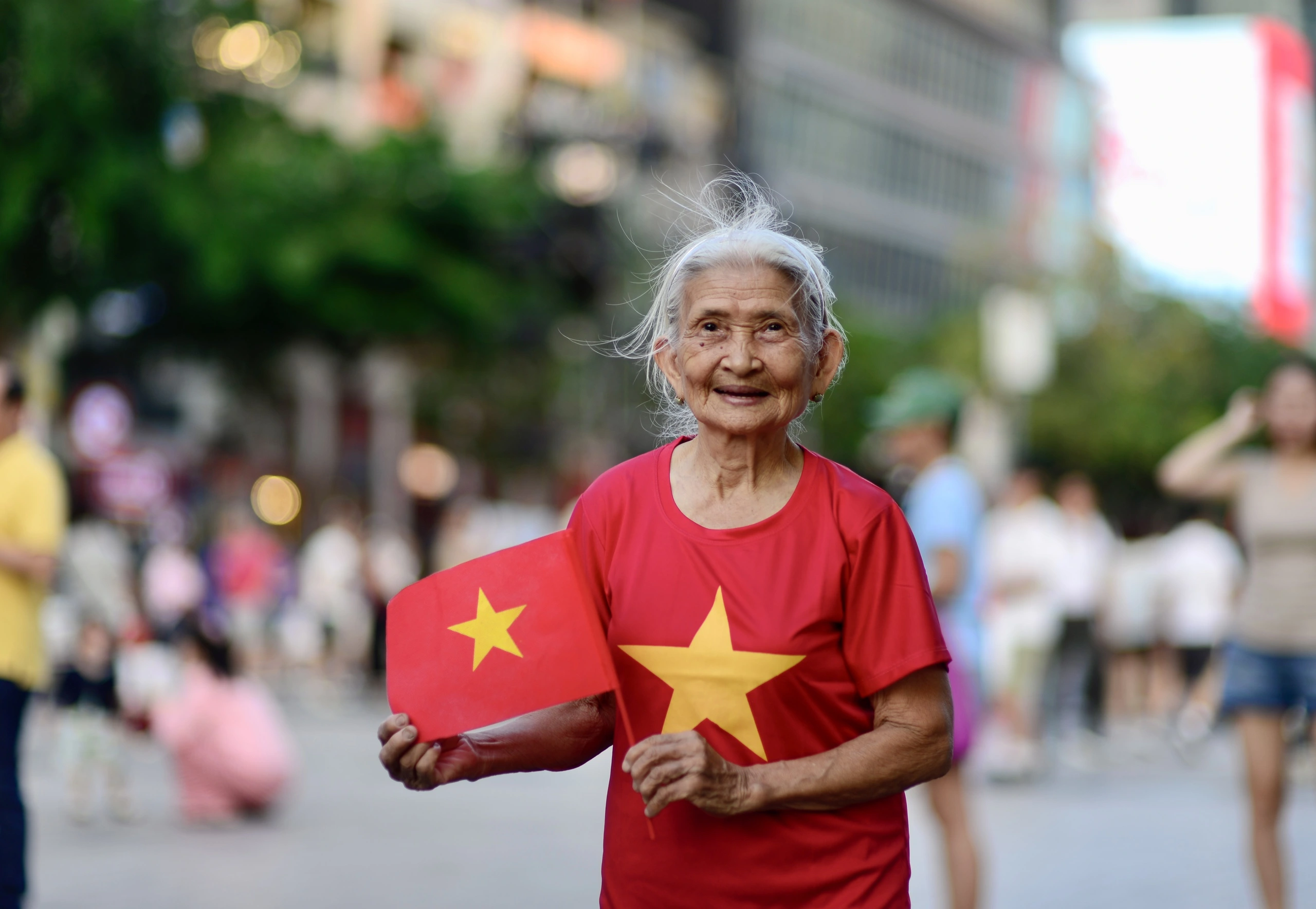


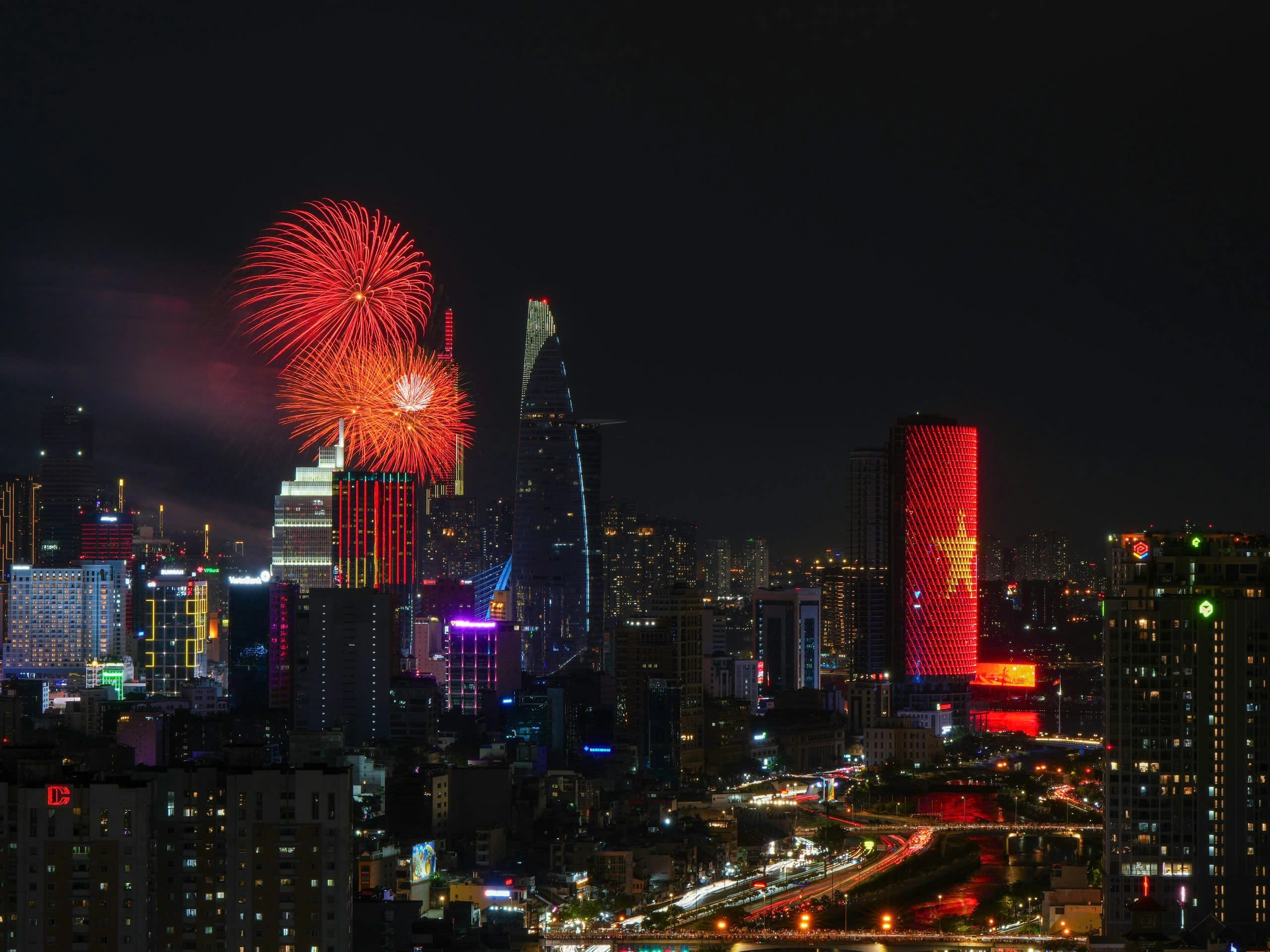


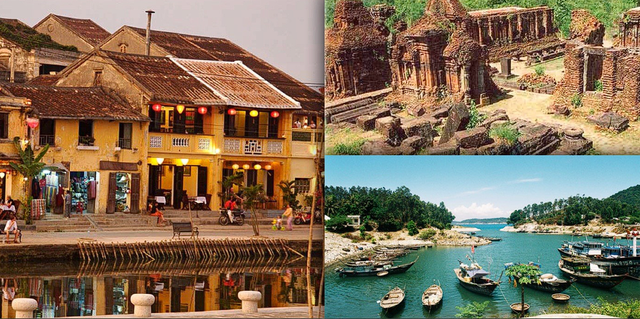
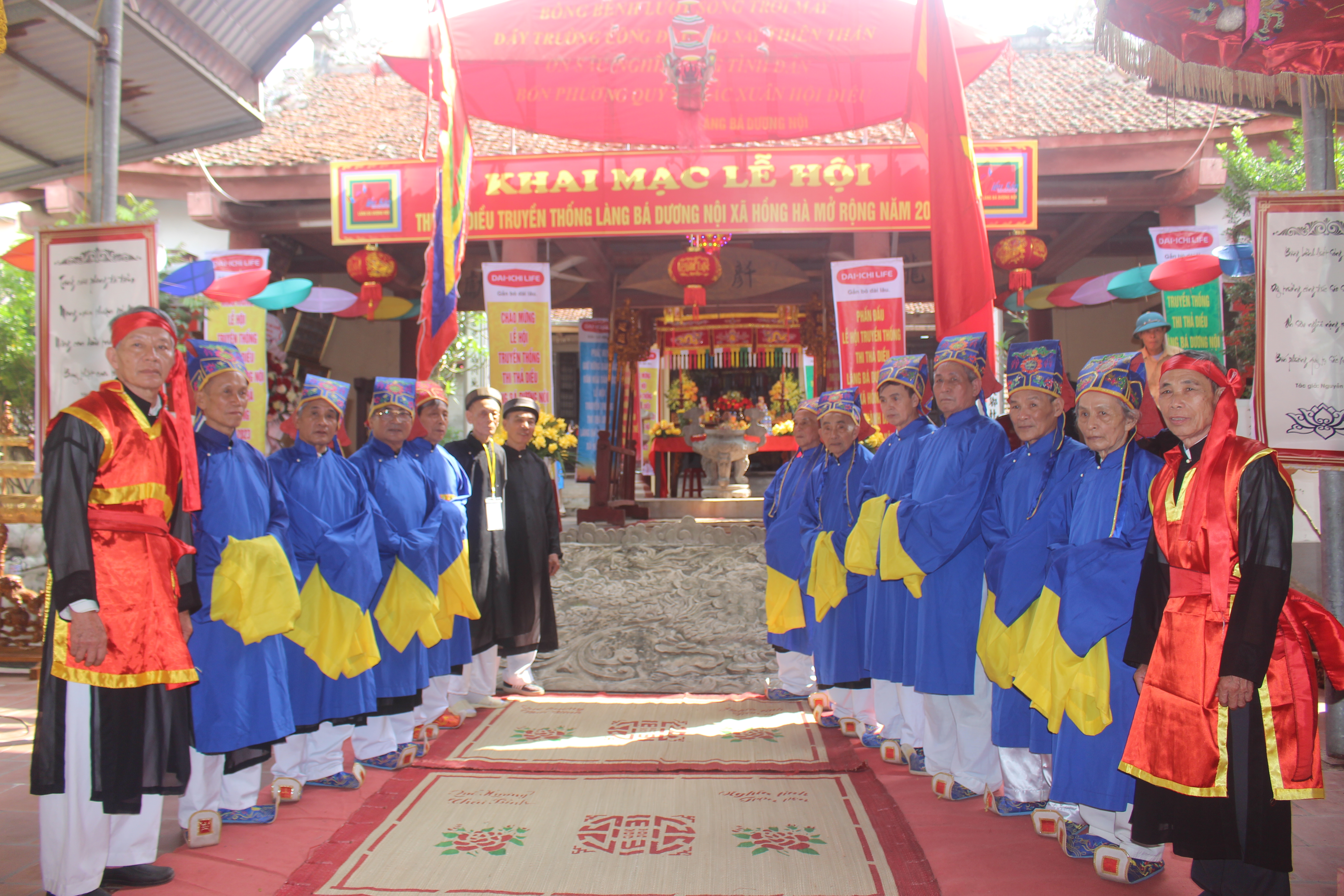

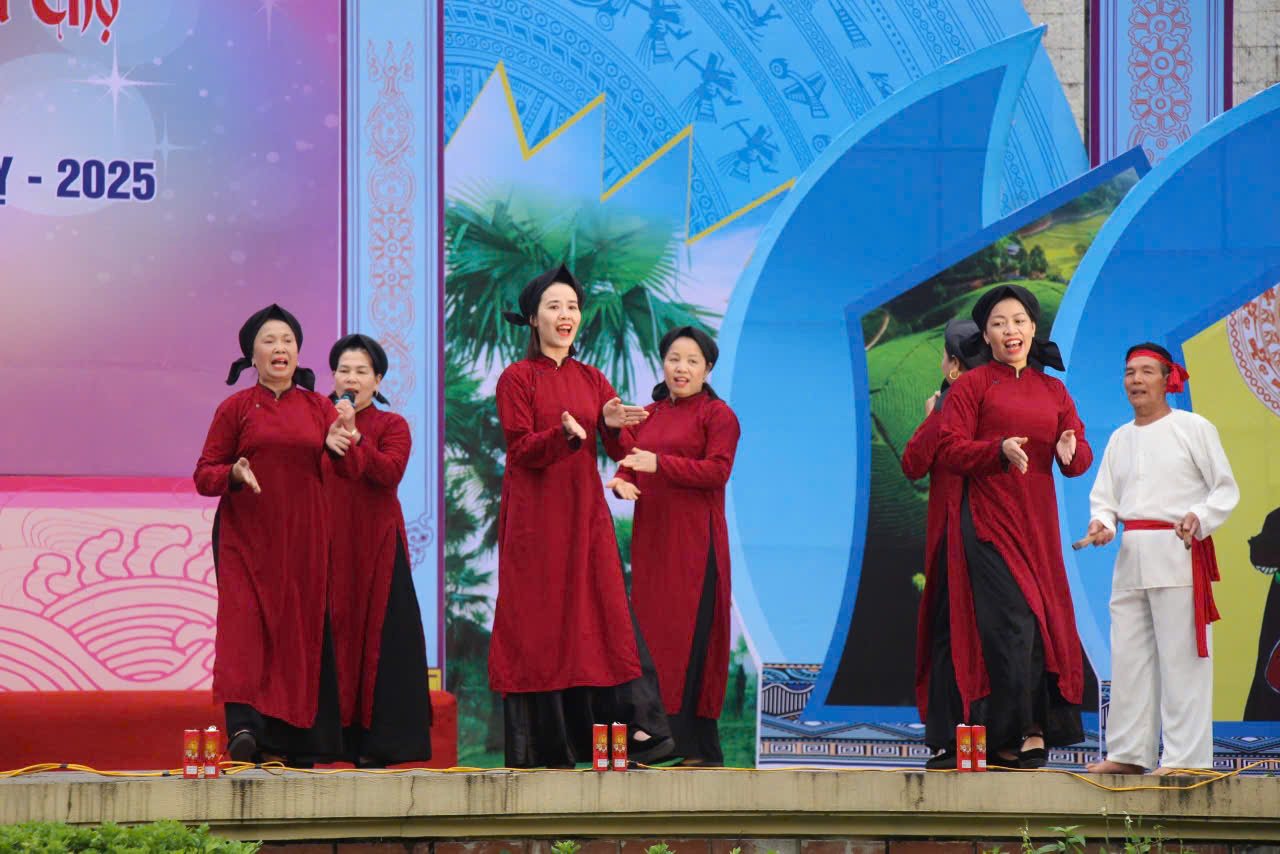
![[Photo] Signing ceremony of cooperation and document exchange between Vietnam and Japan](https://vstatic.vietnam.vn/vietnam/resource/IMAGE/2025/4/28/e069929395524fa081768b99bac43467)
![[Photo] A long line of young people in front of Nhan Dan Newspaper, recalling memories of the day the country was reunified](https://vstatic.vietnam.vn/vietnam/resource/IMAGE/2025/4/28/4709cea2becb4f13aaa0b2abb476bcea)
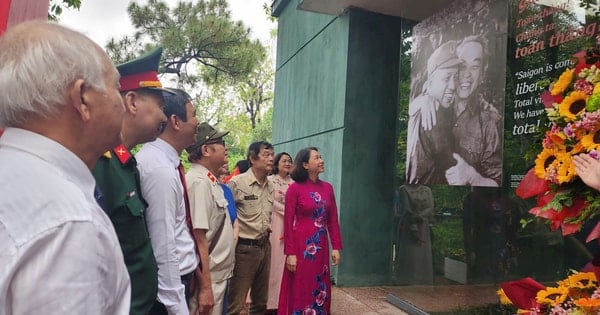

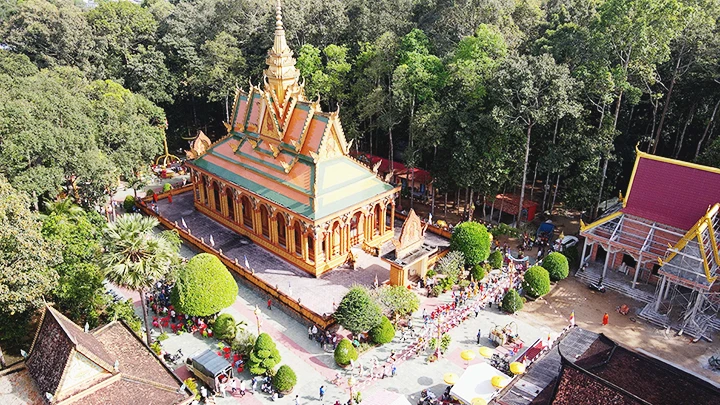



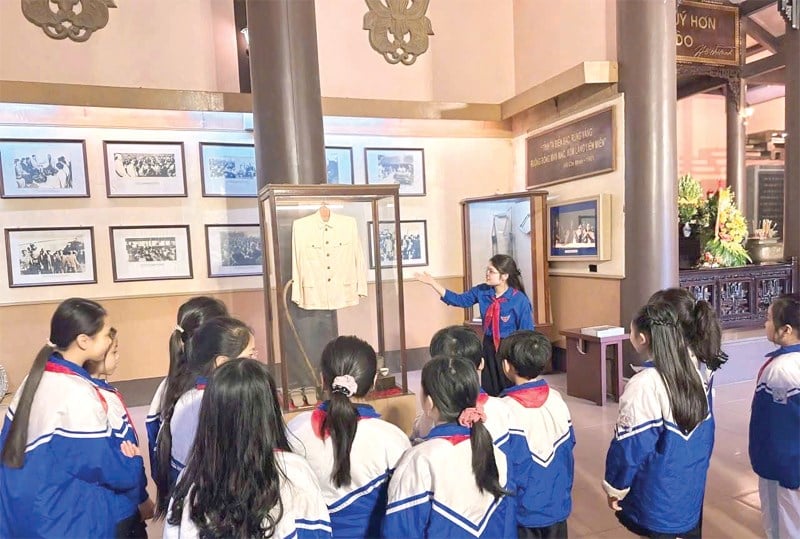
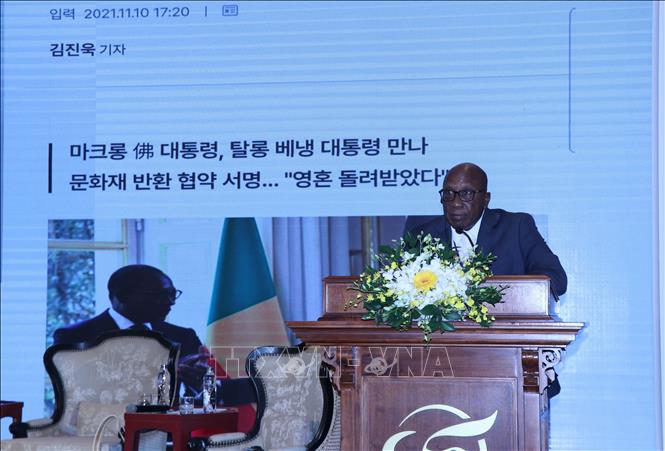

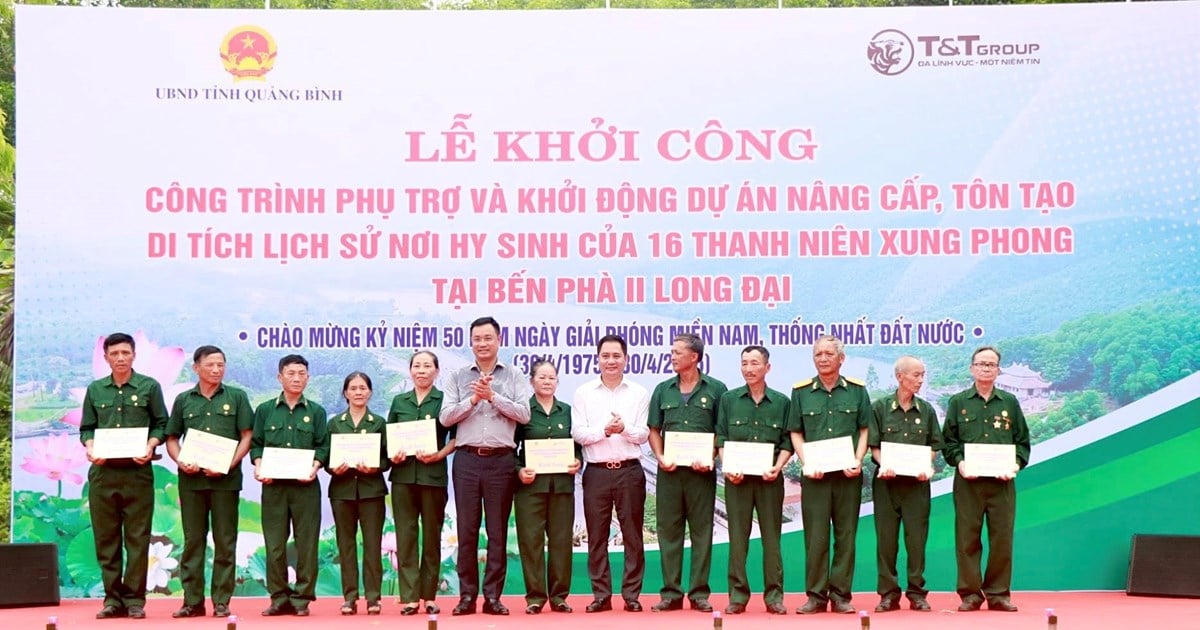
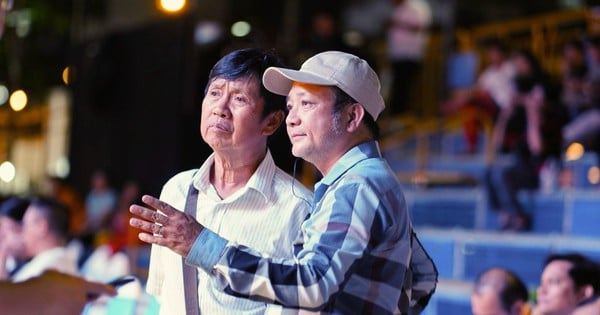

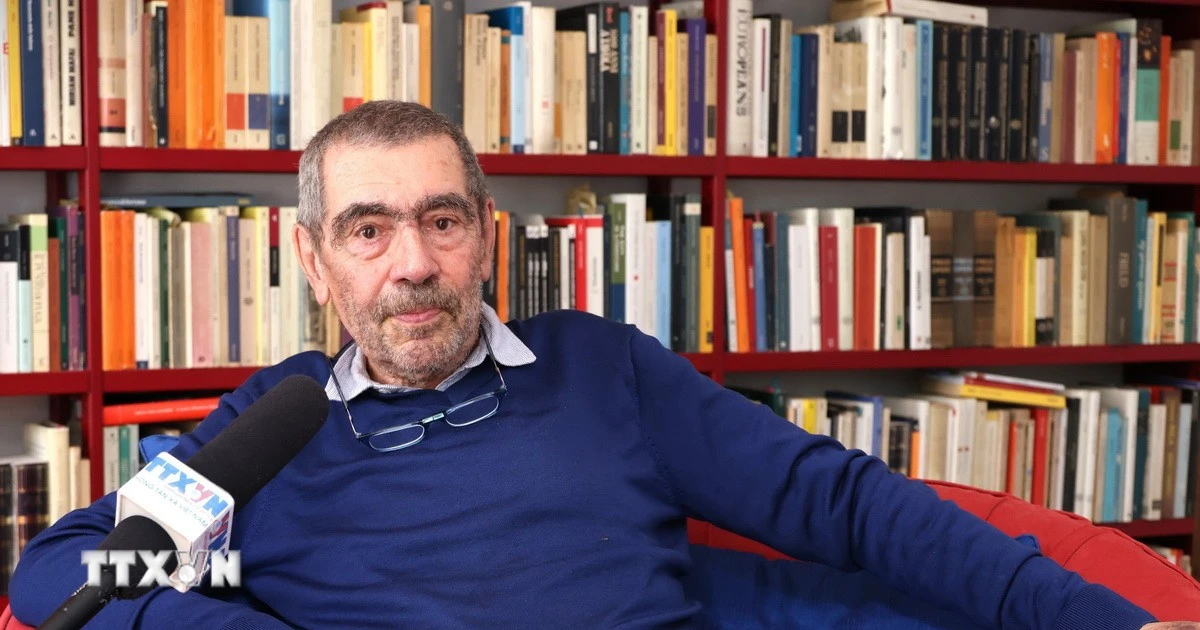

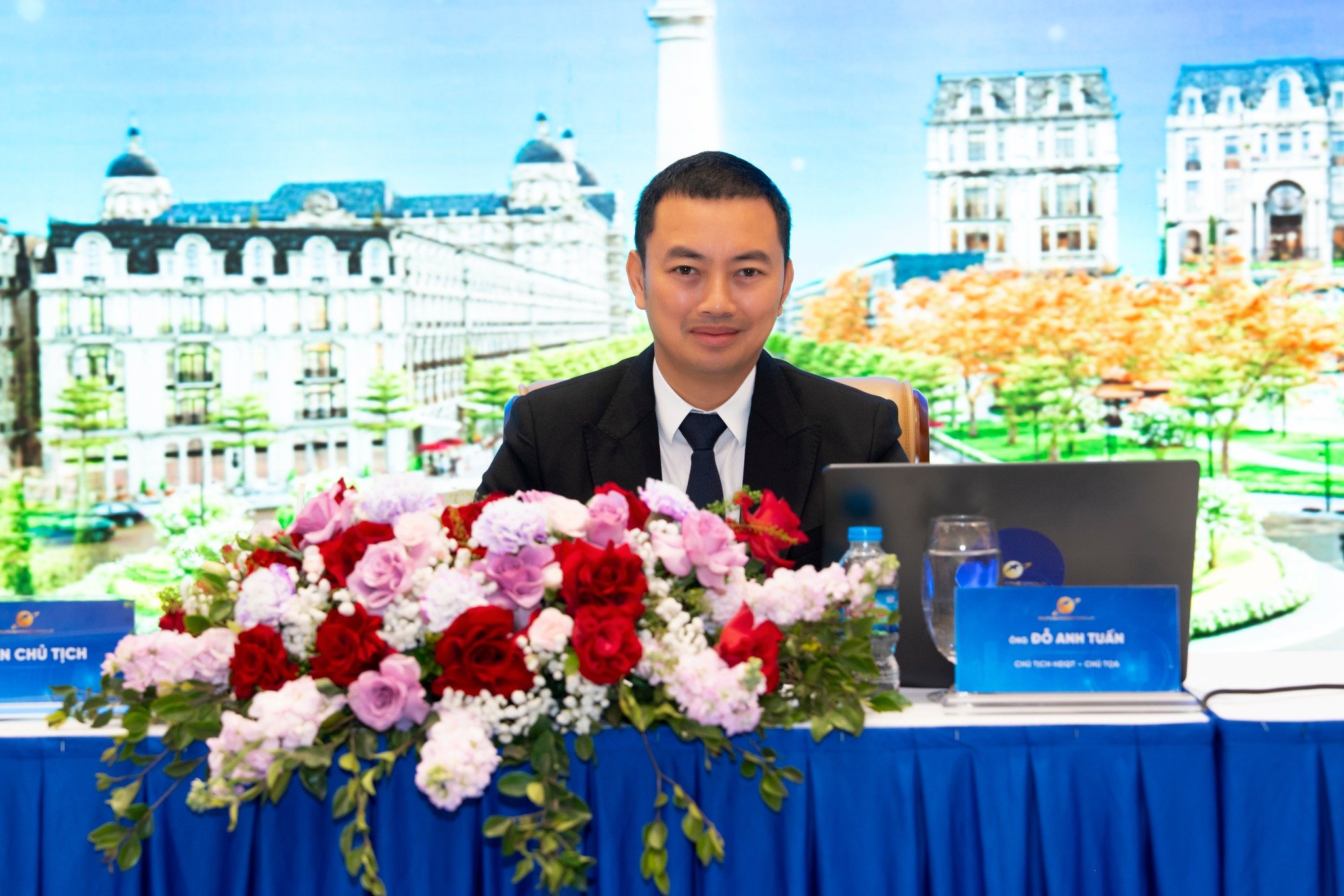

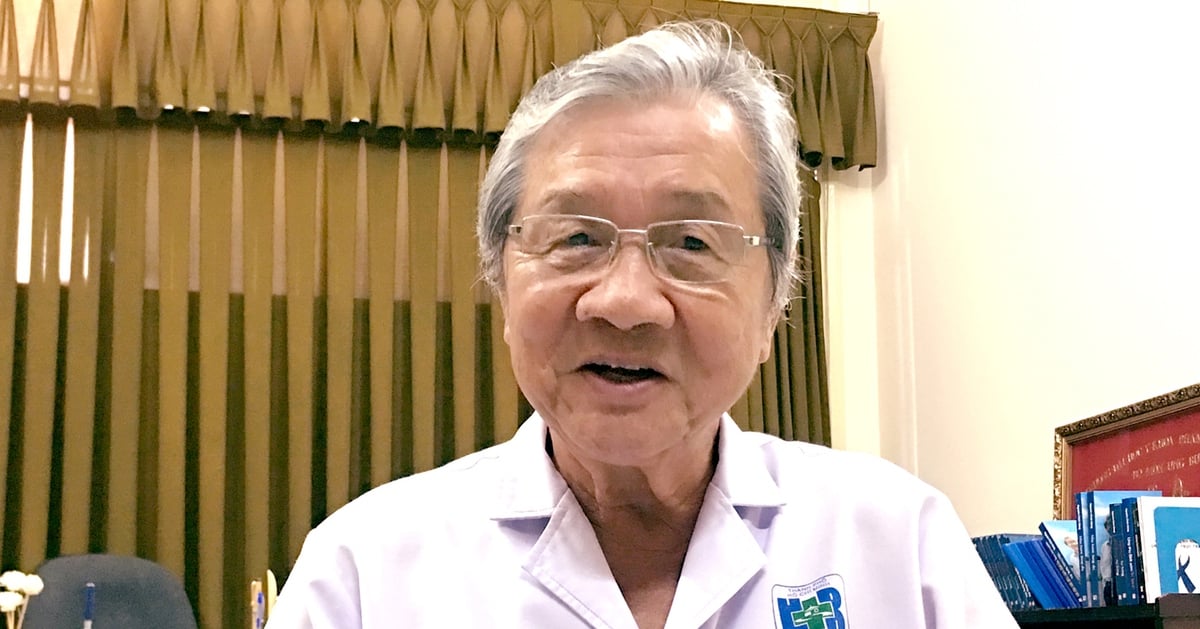



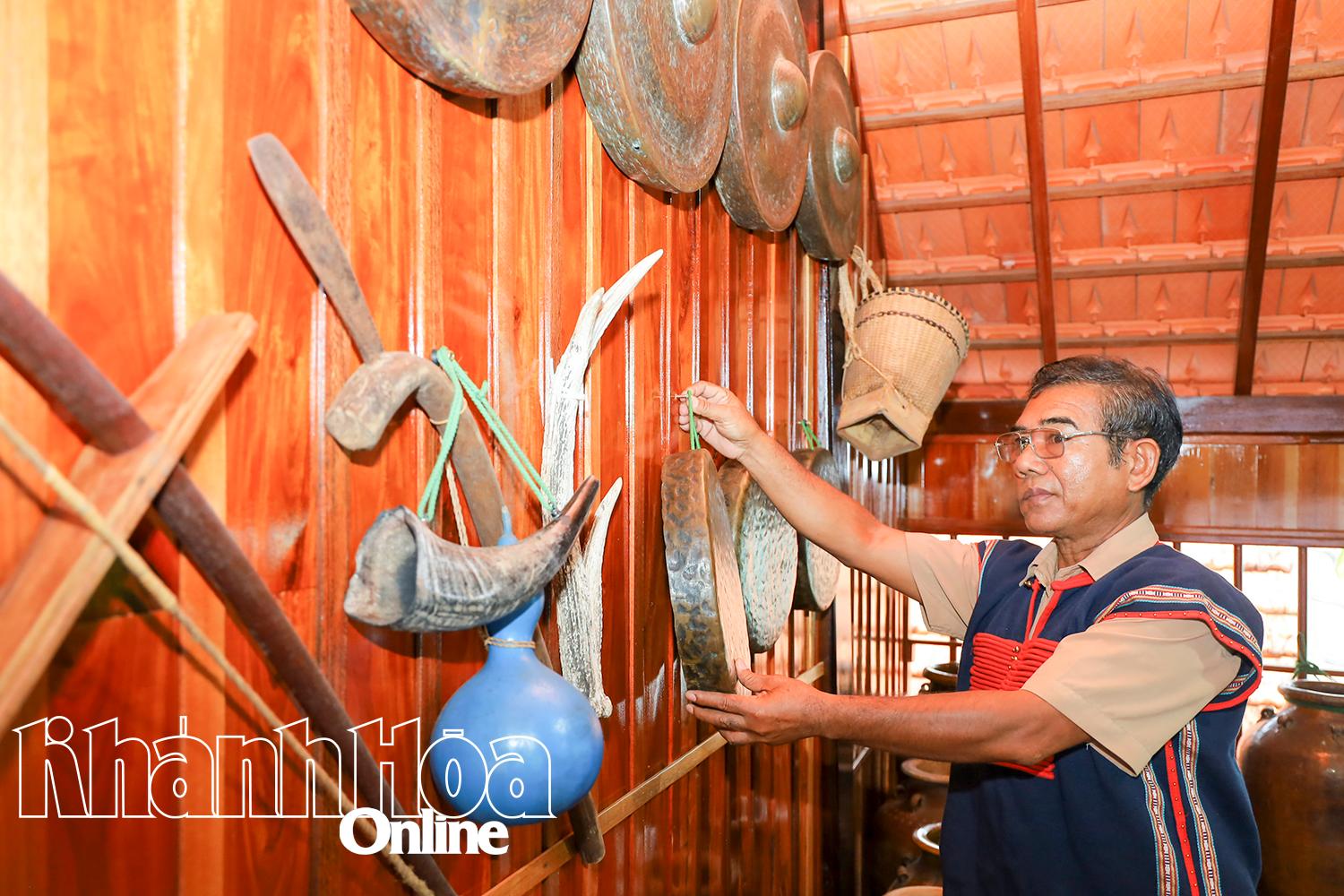



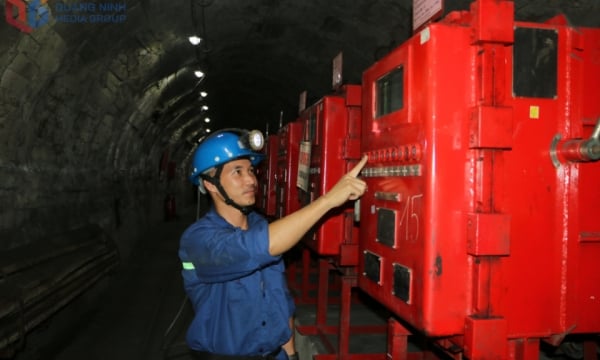



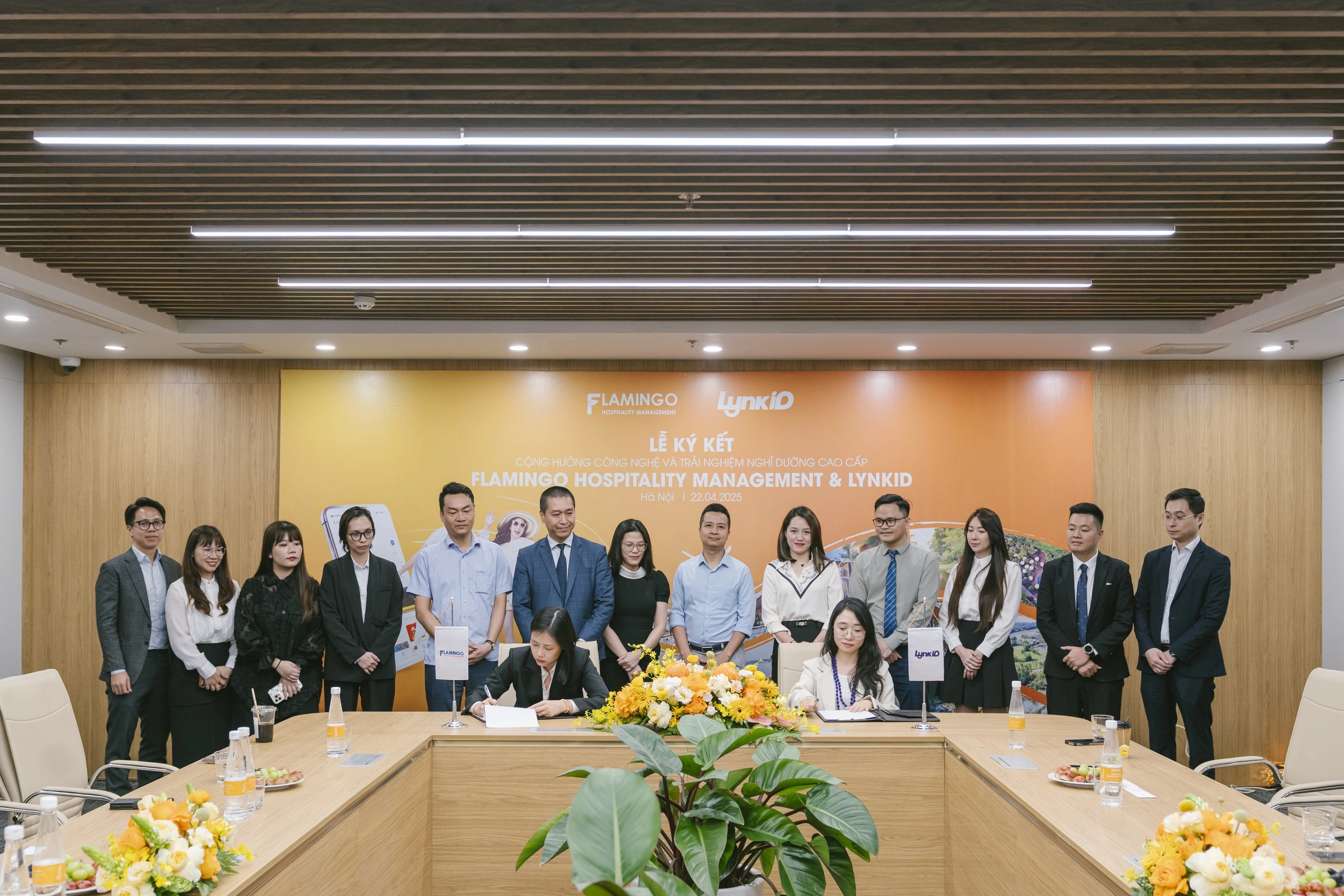
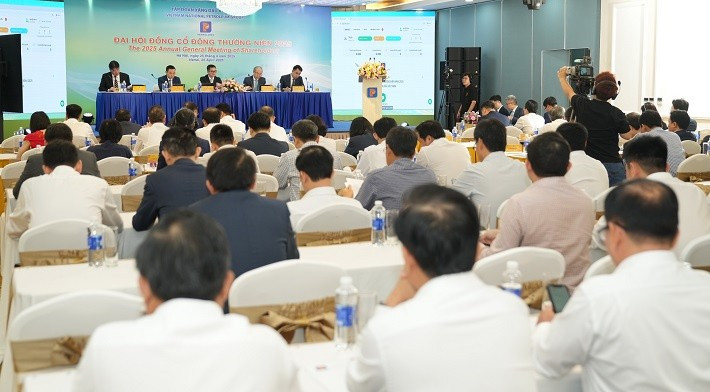

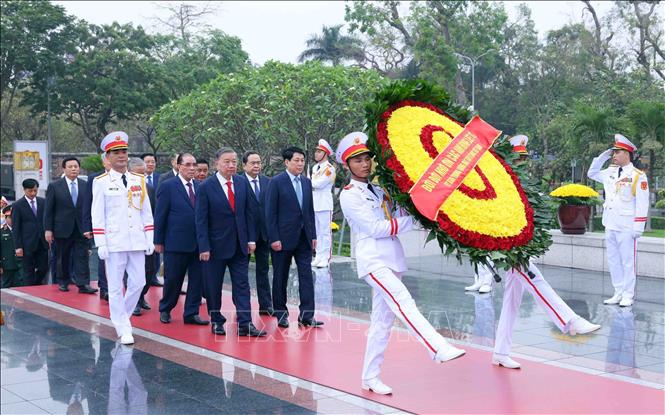
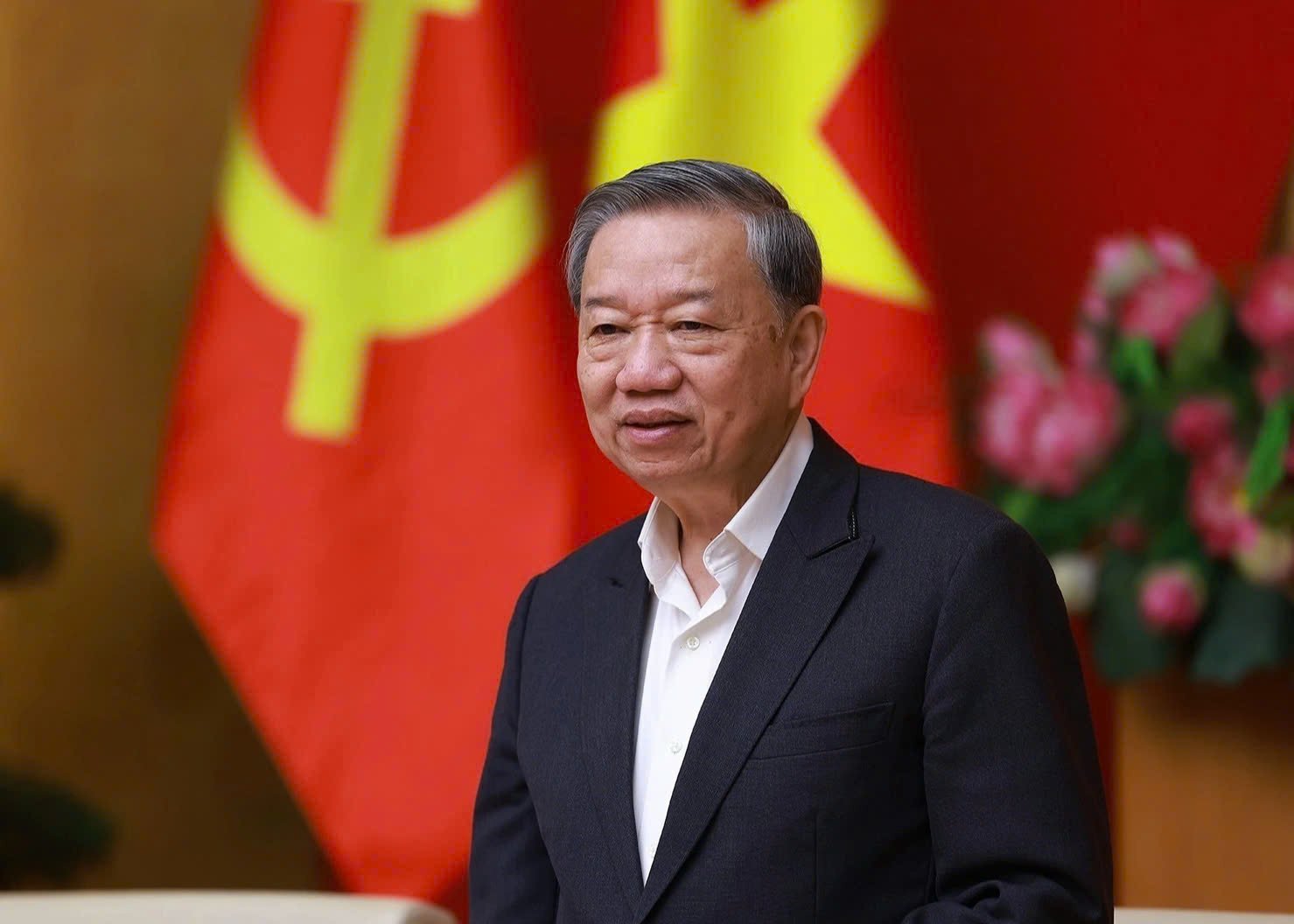


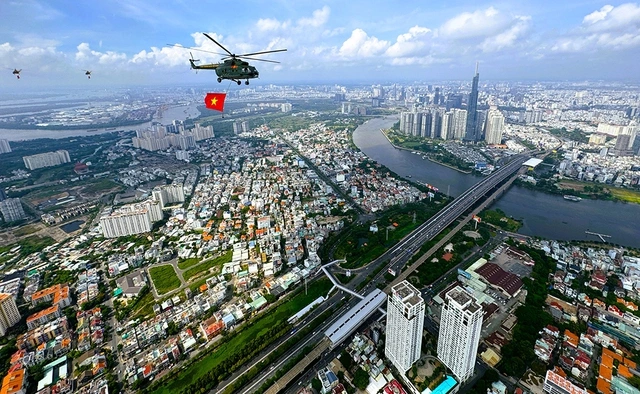
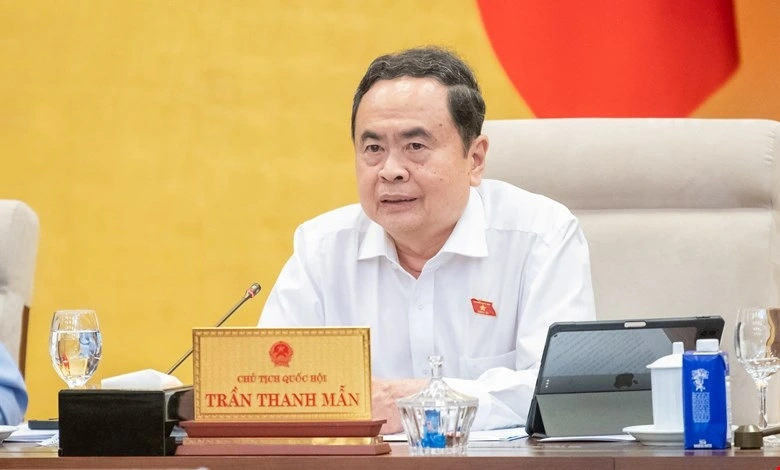
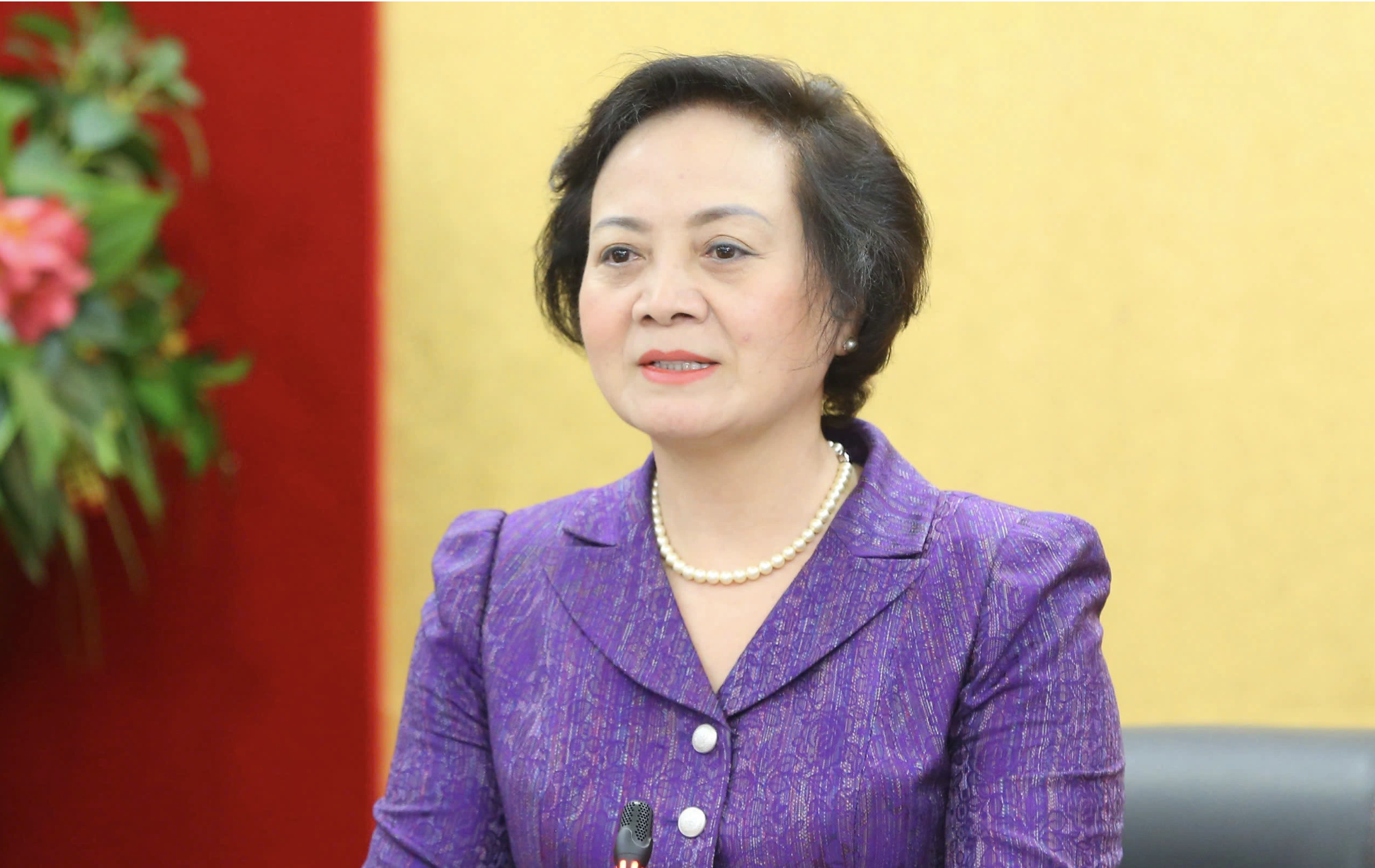
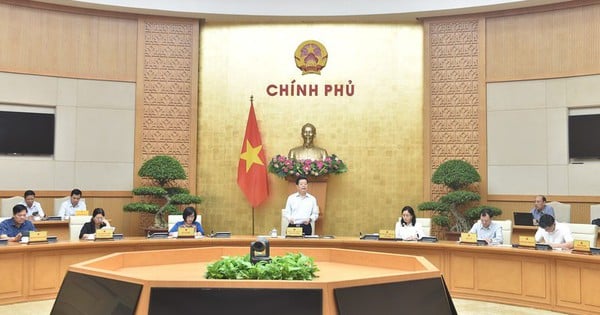

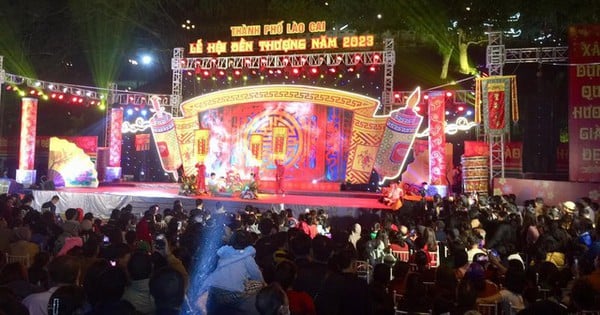
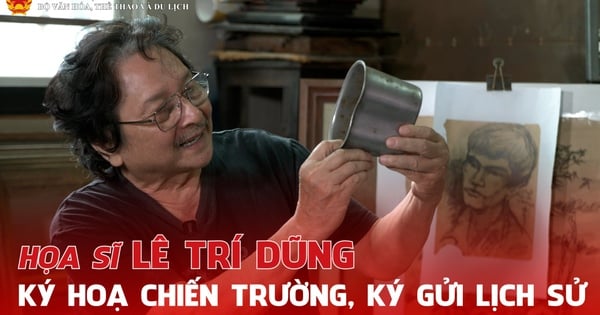
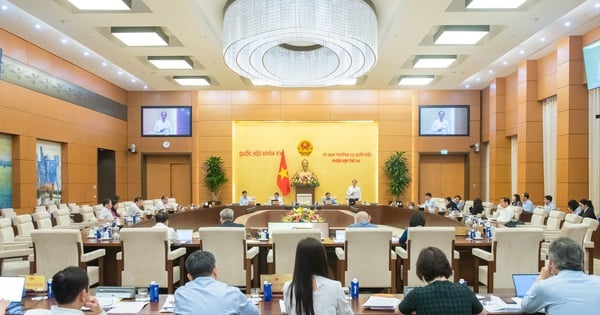



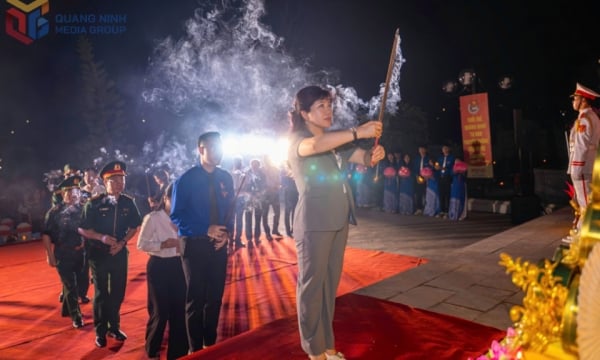

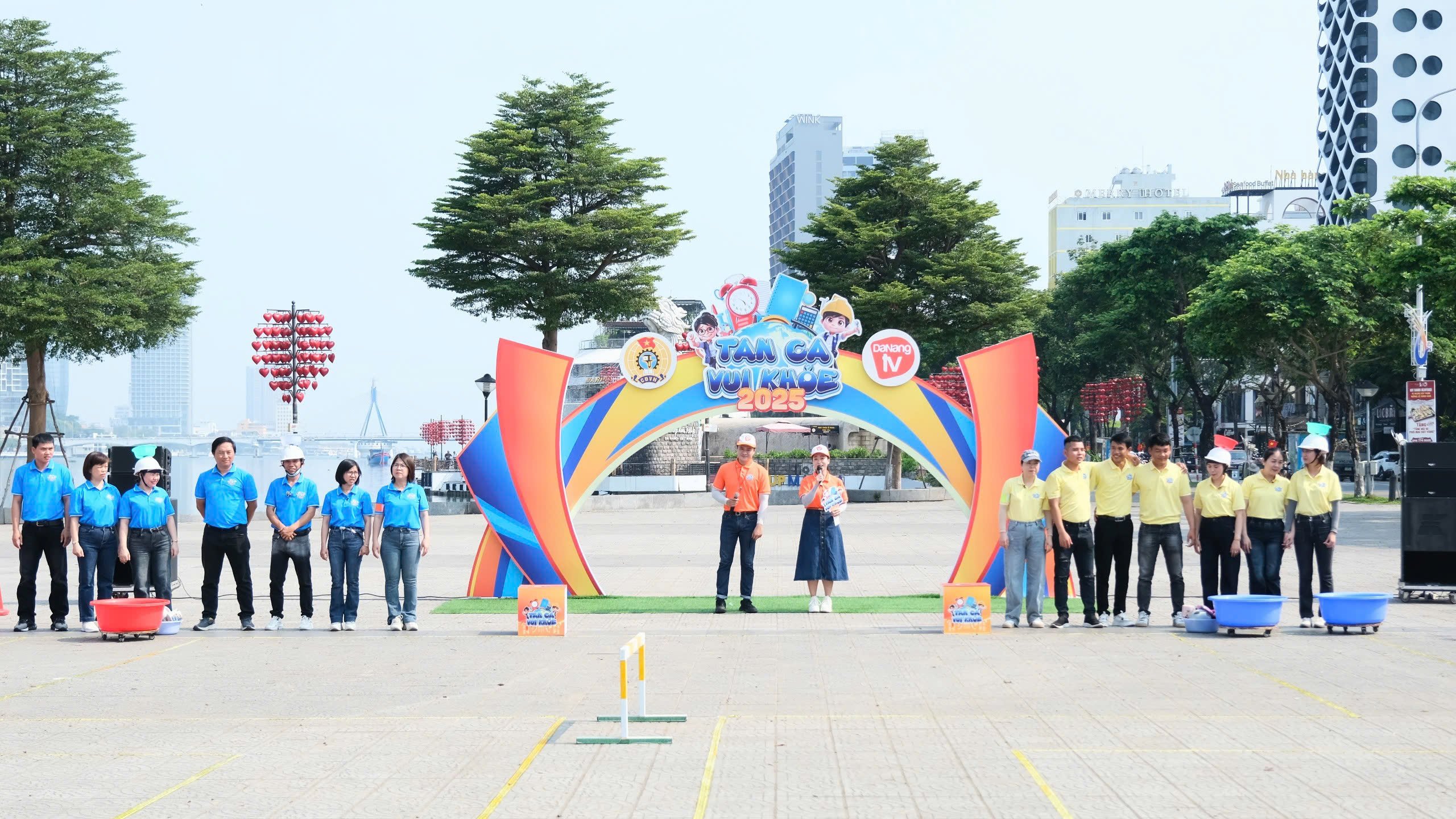

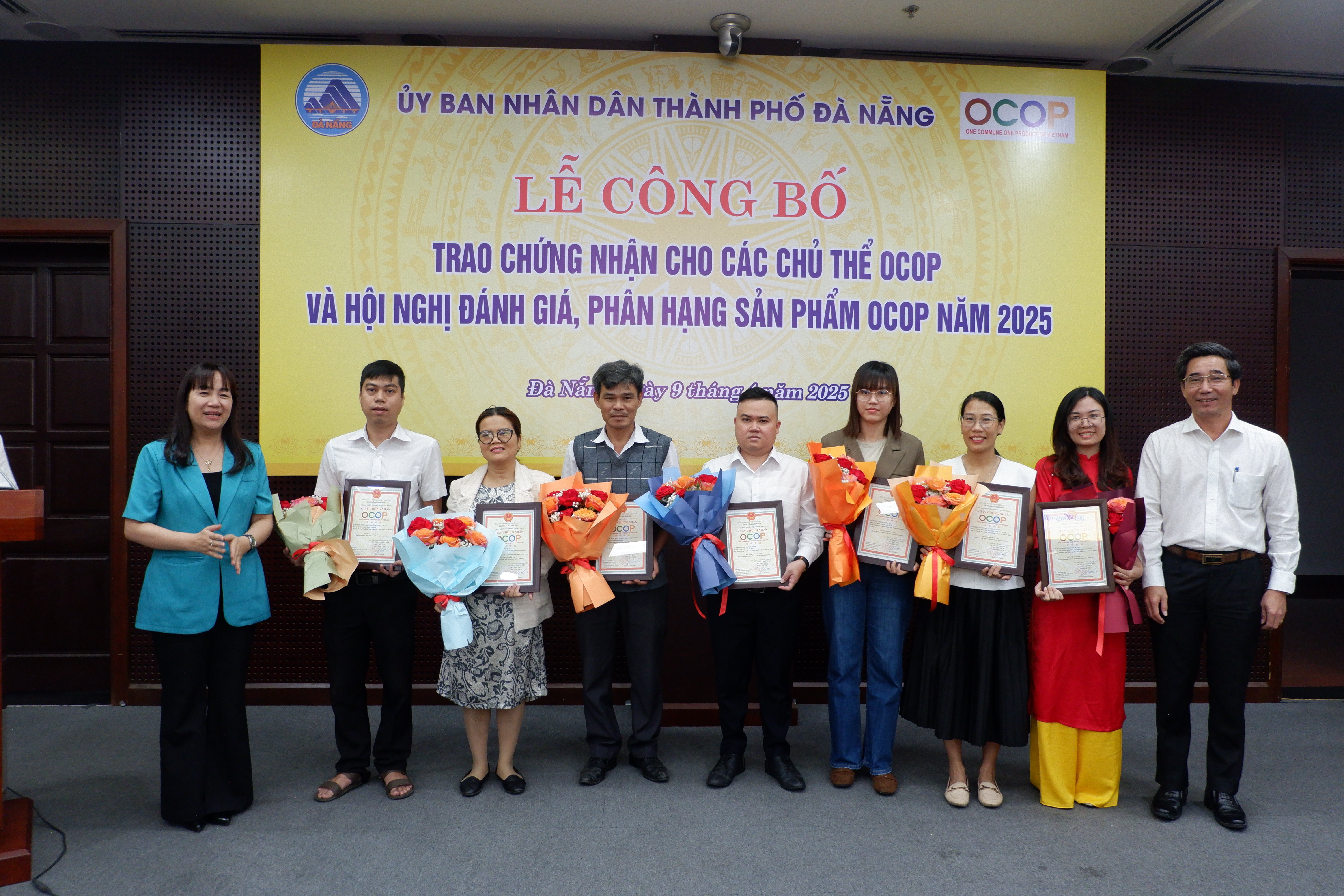
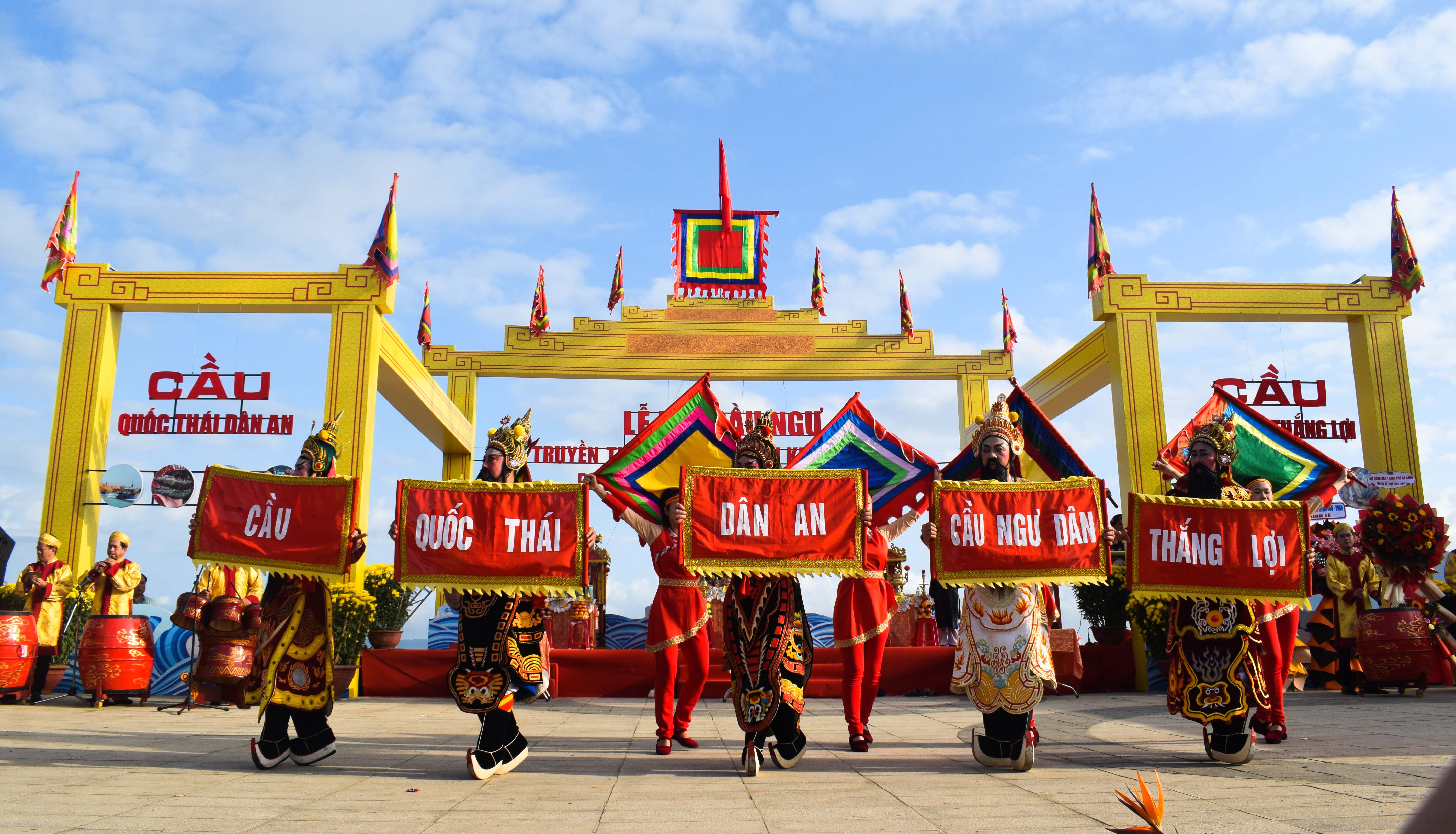
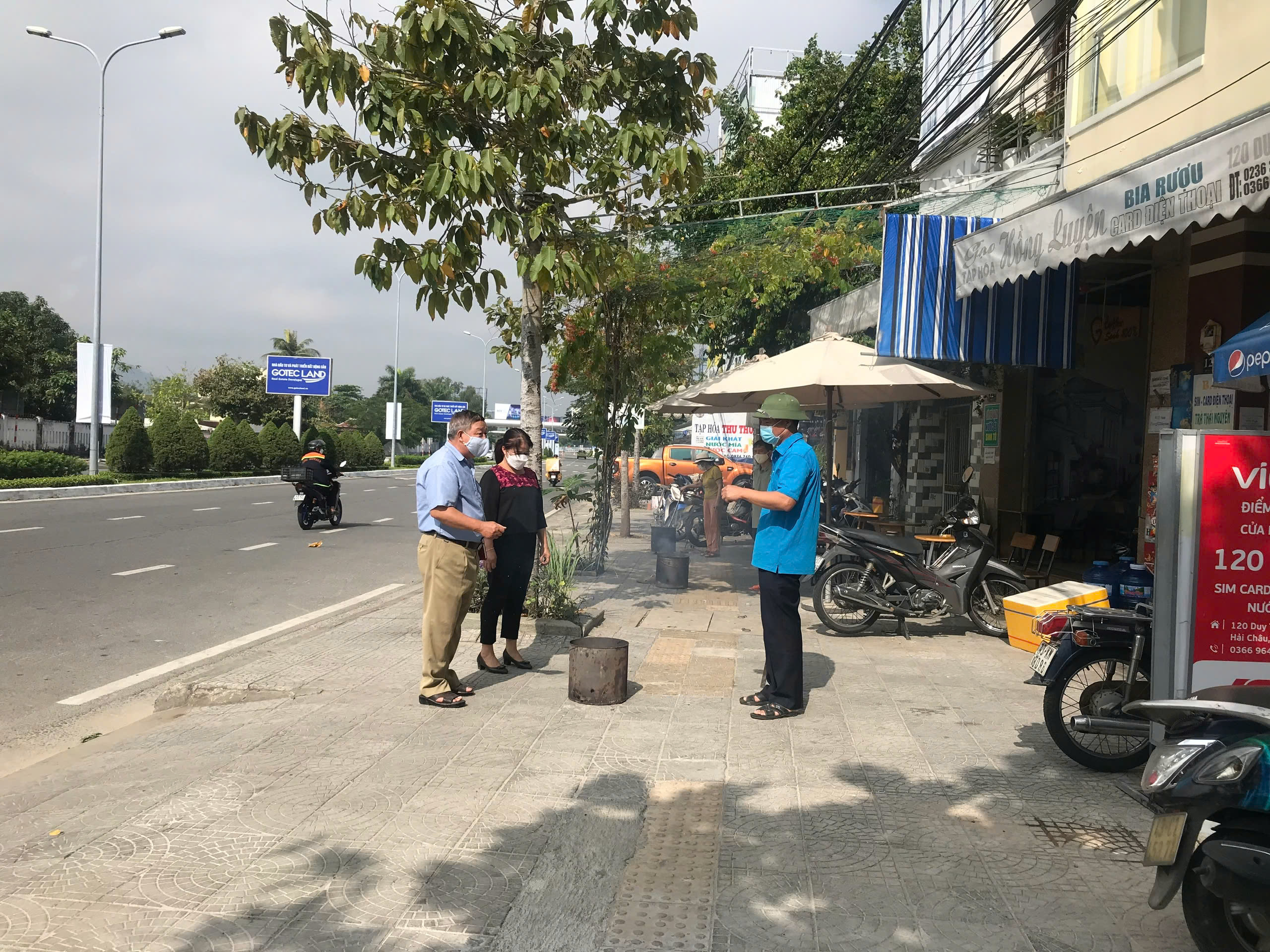
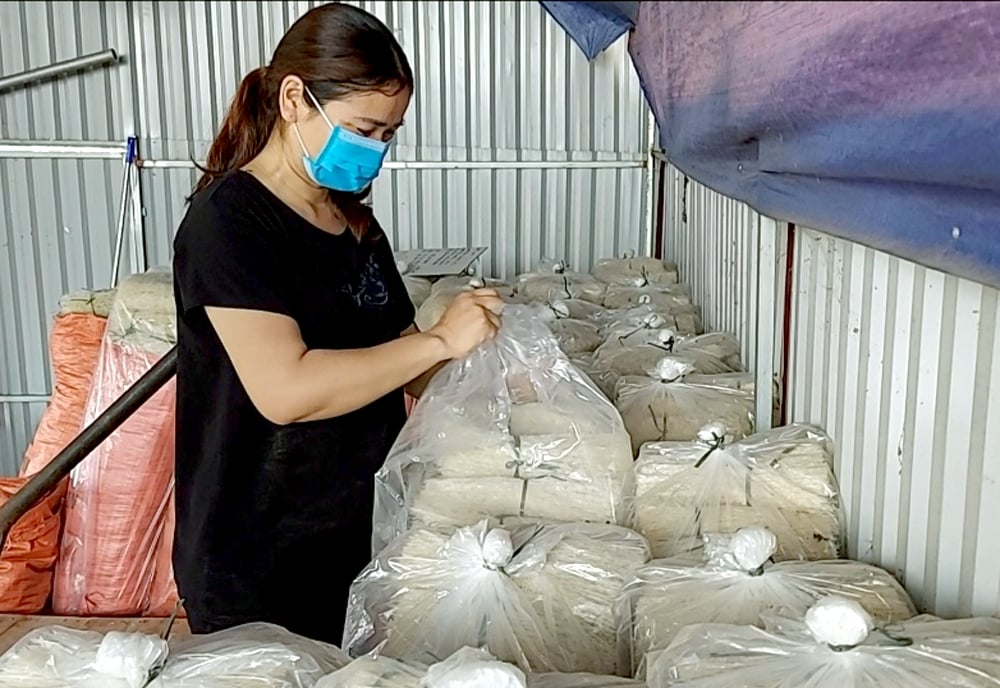

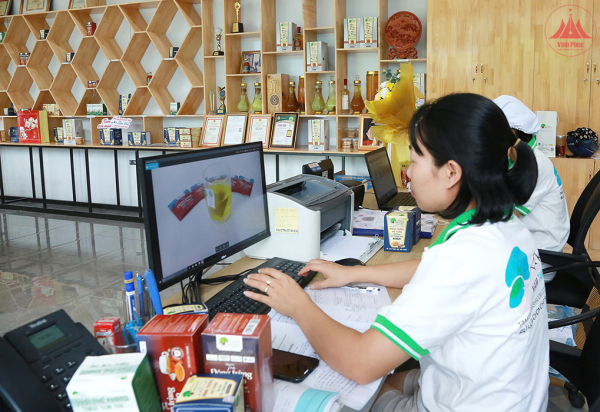



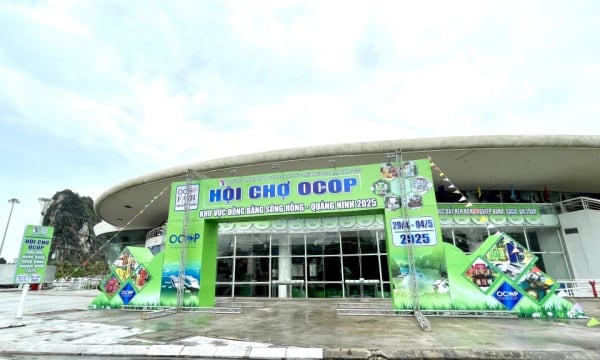
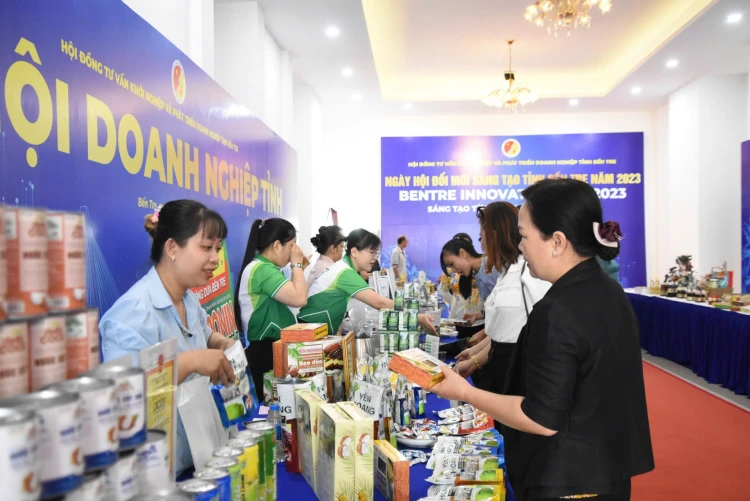

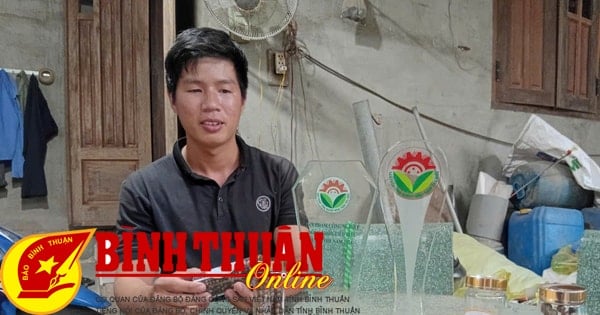

Comment (0)